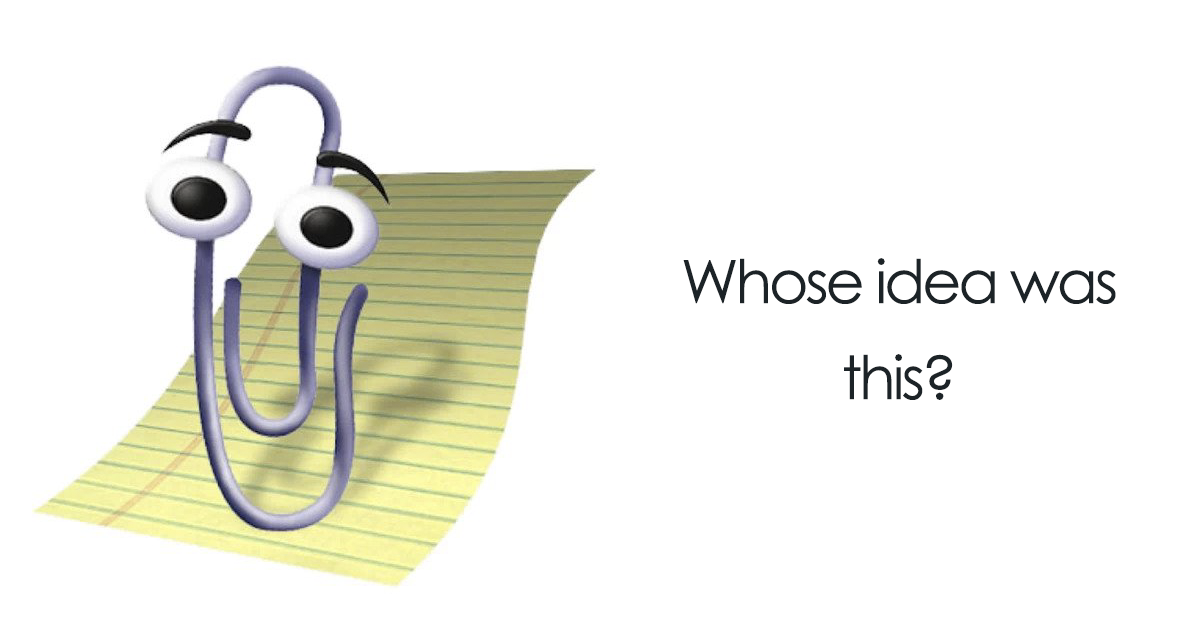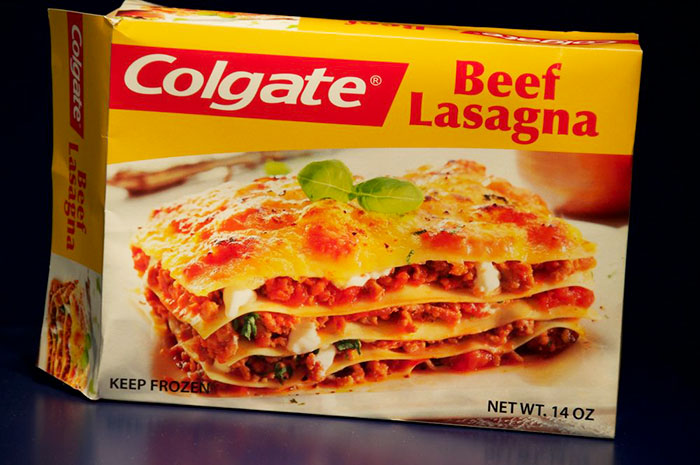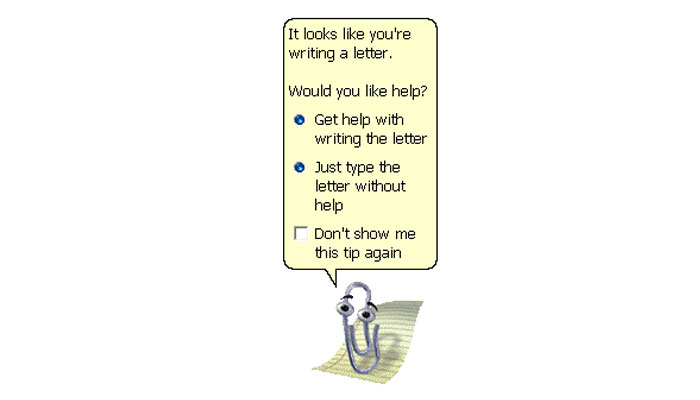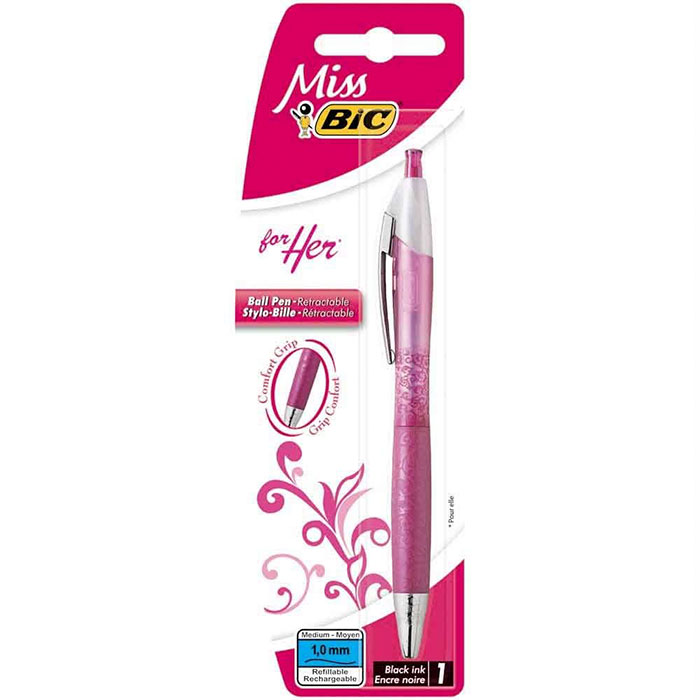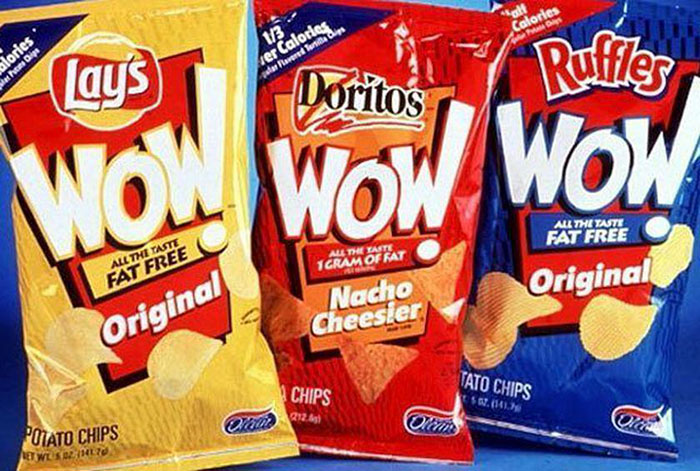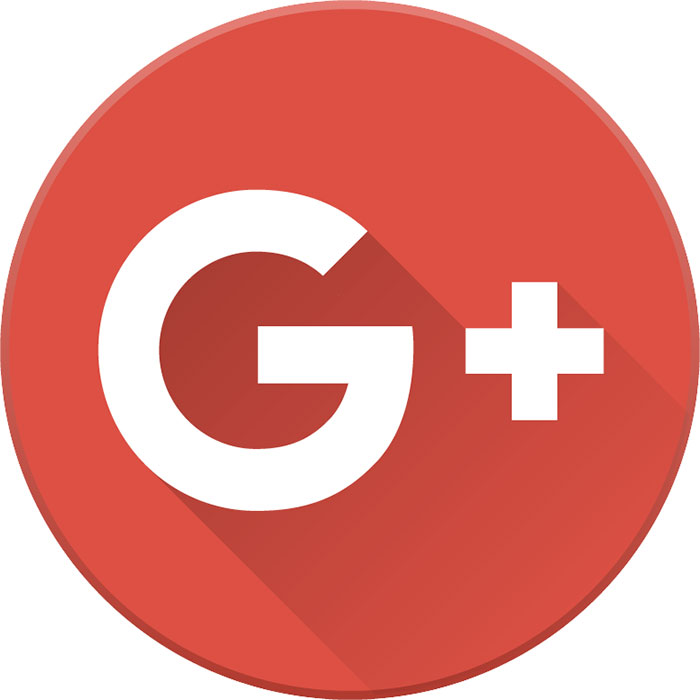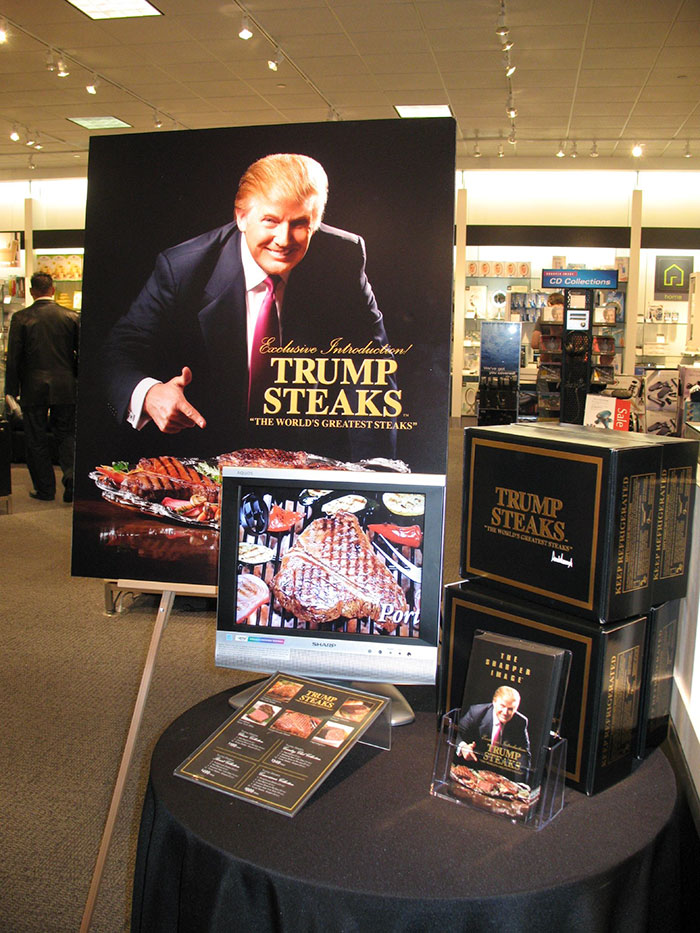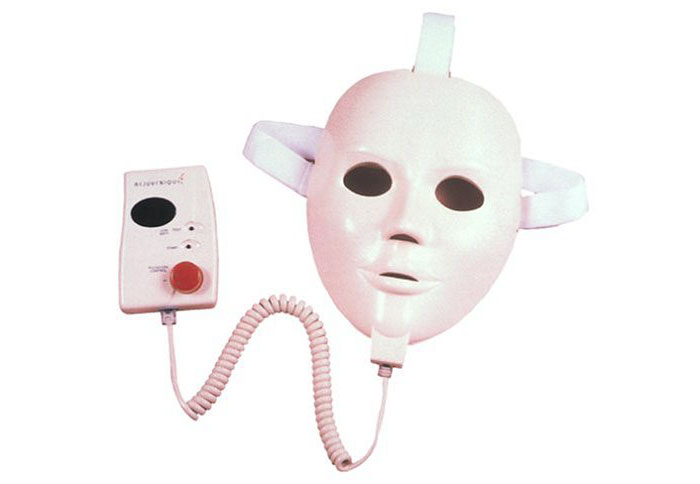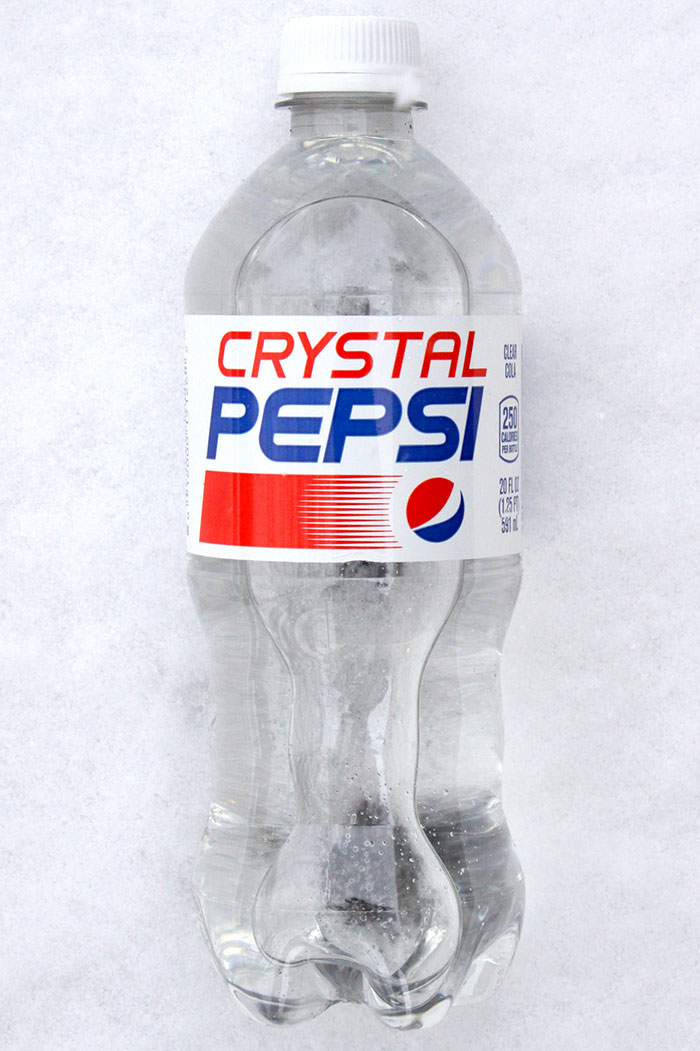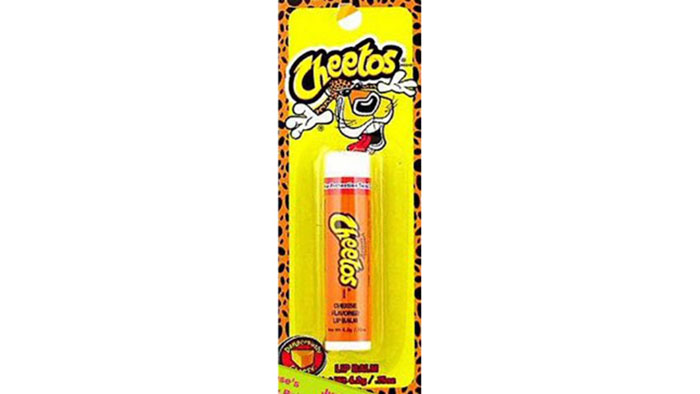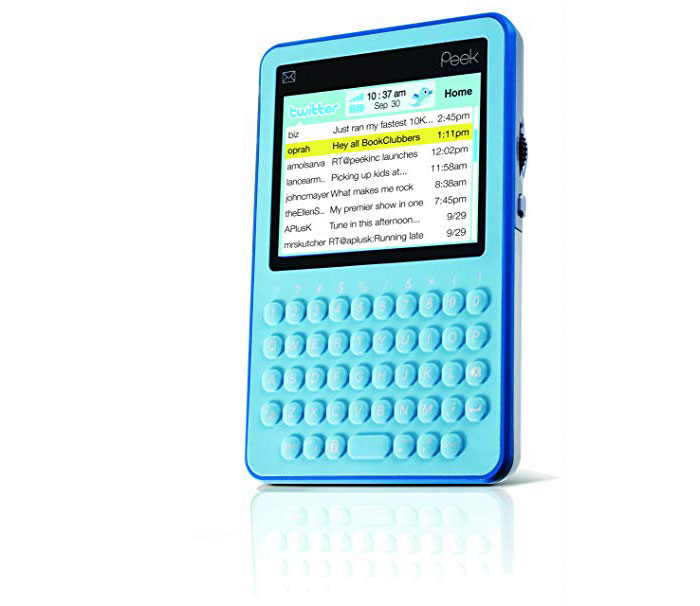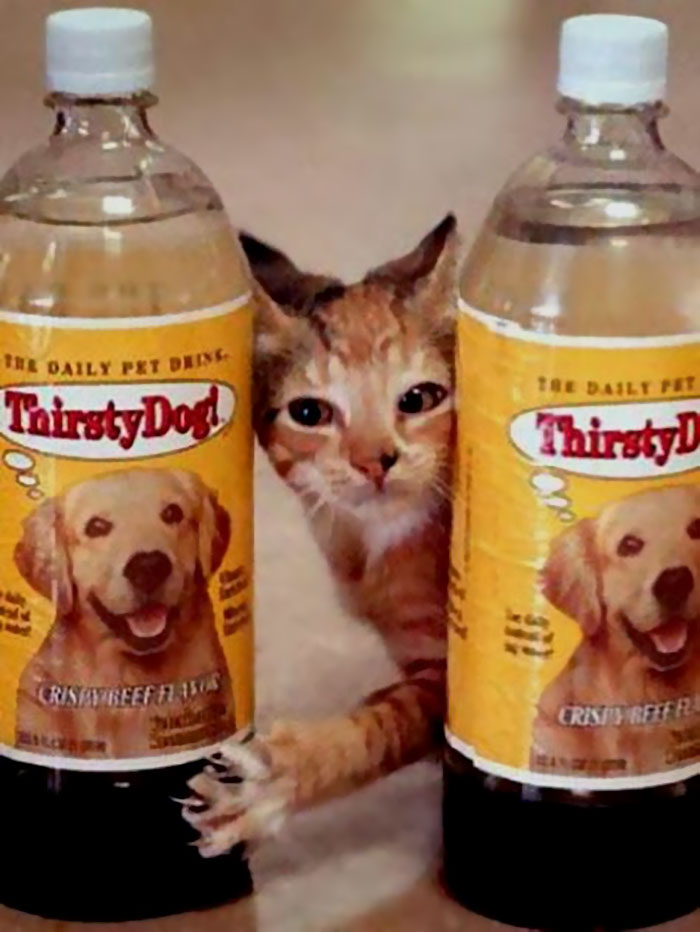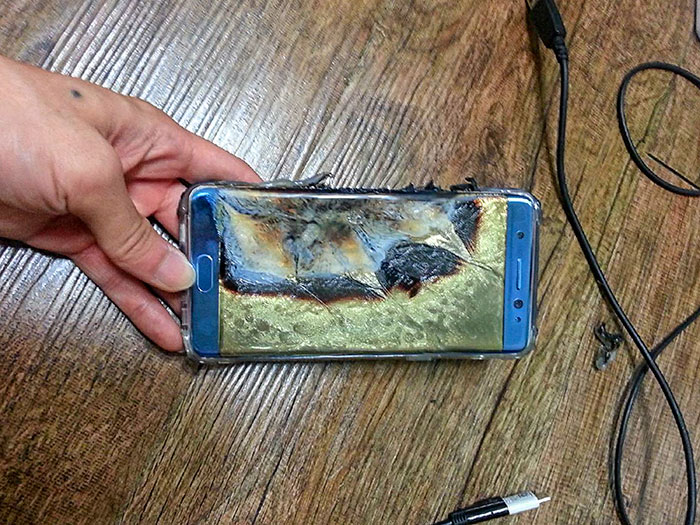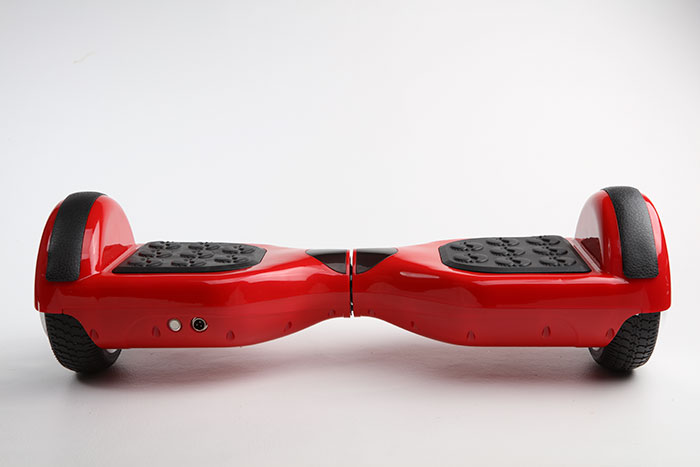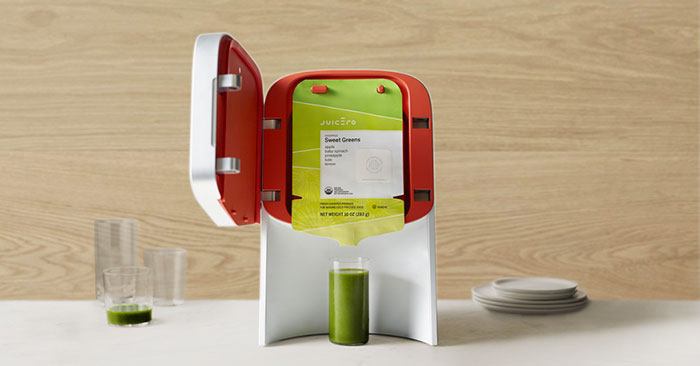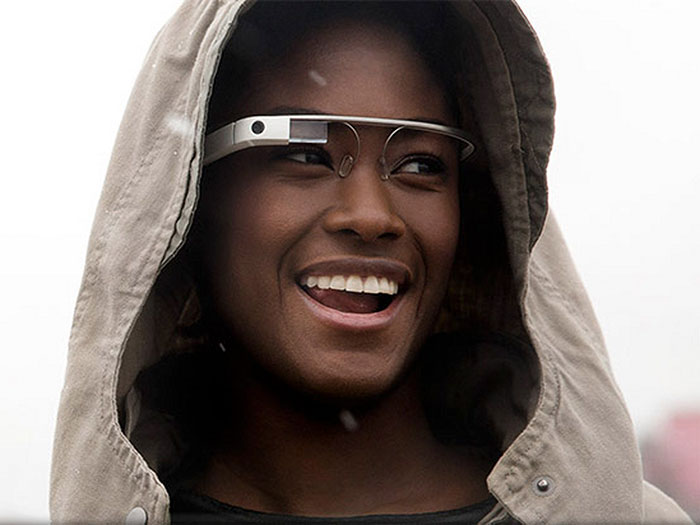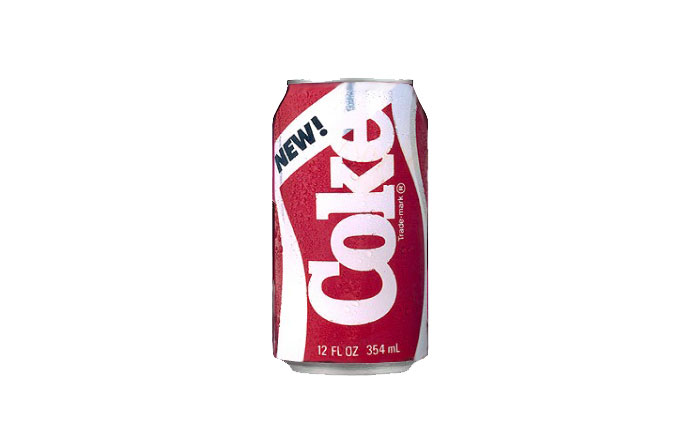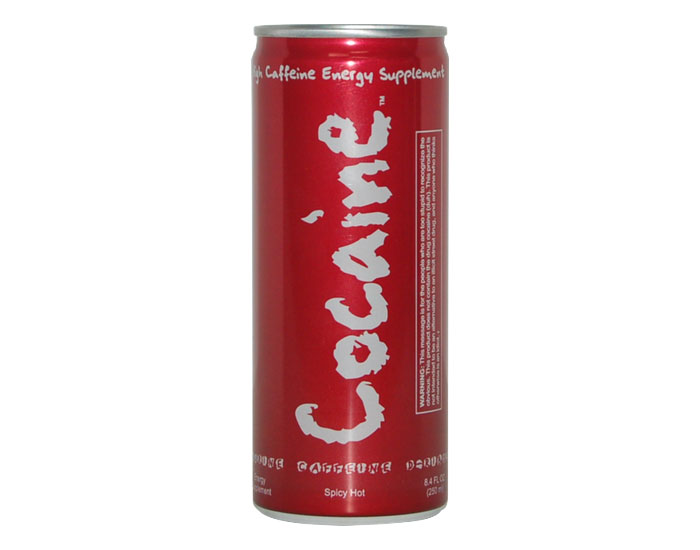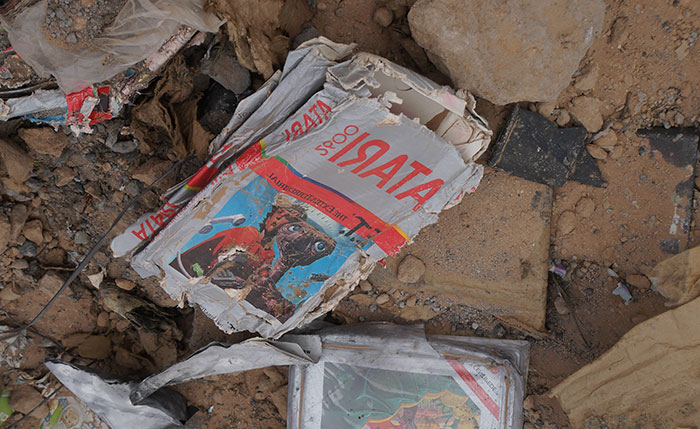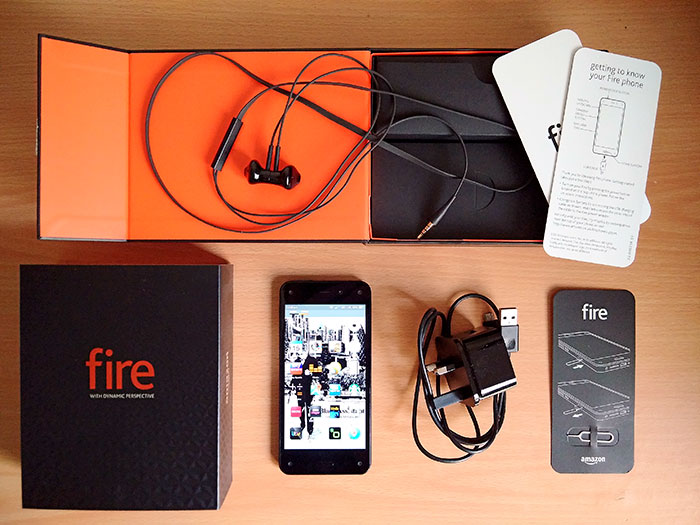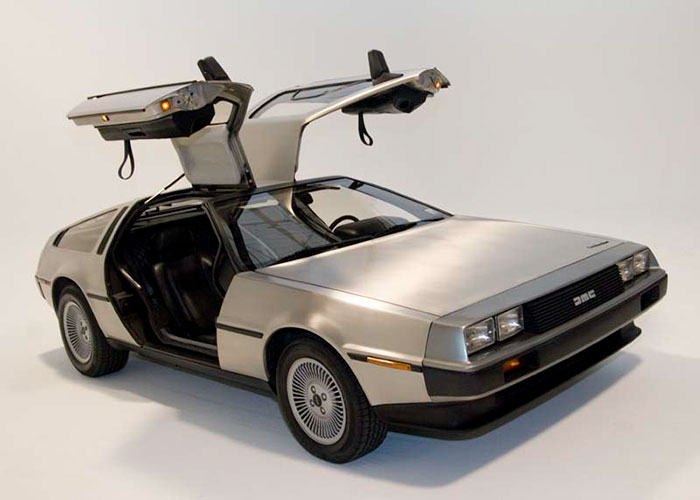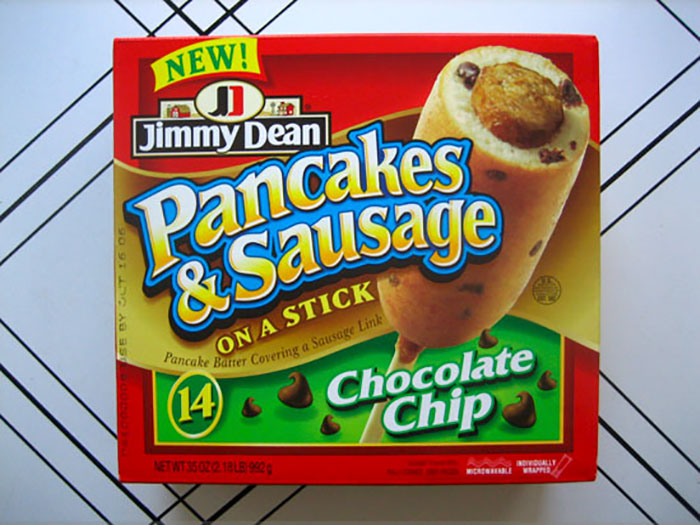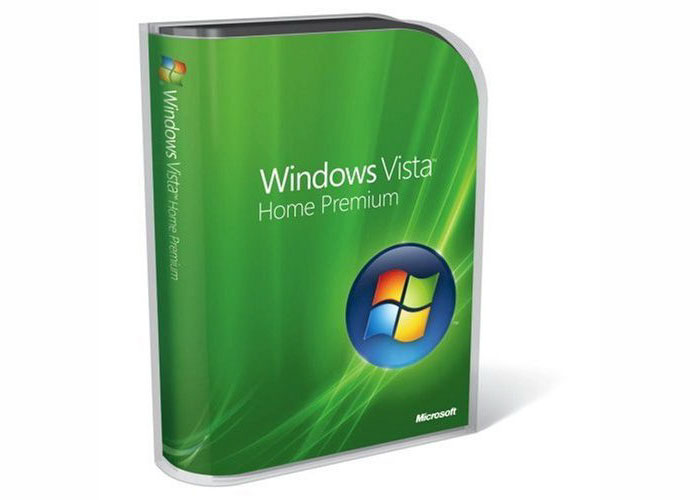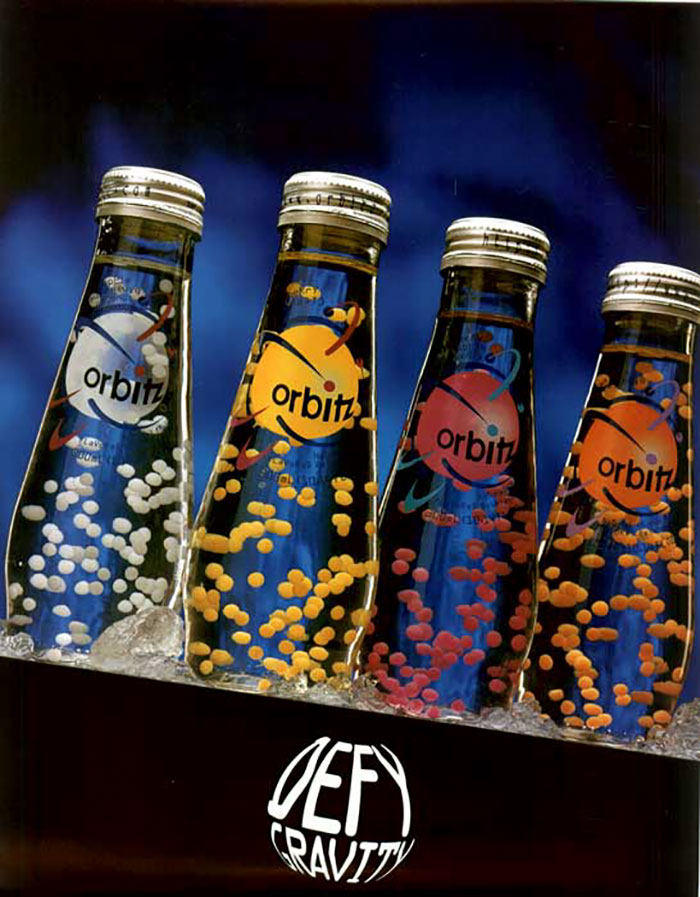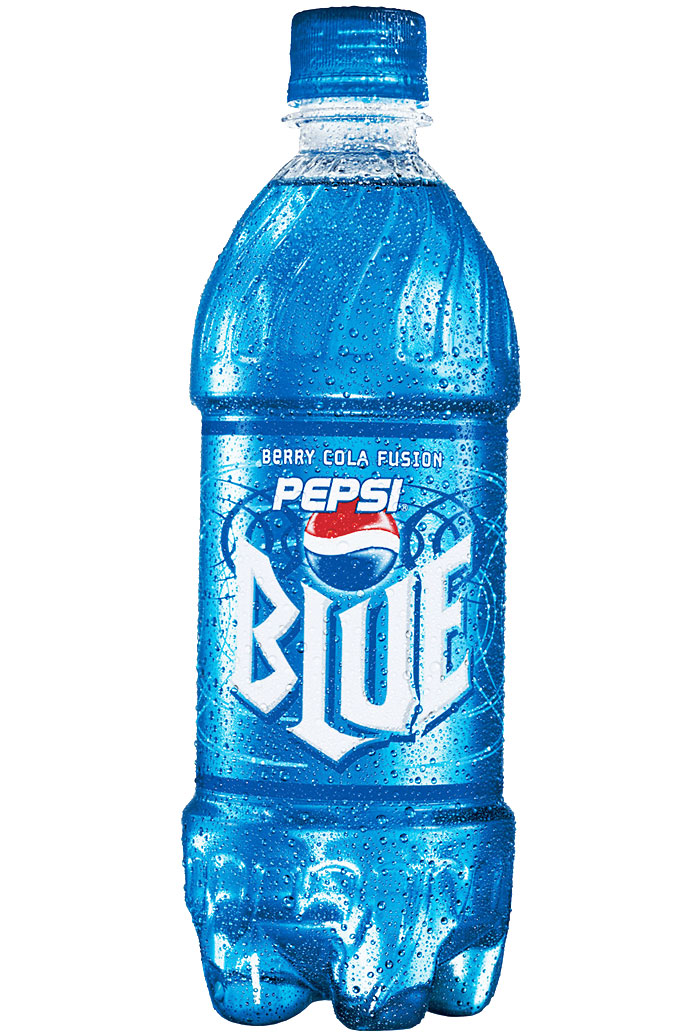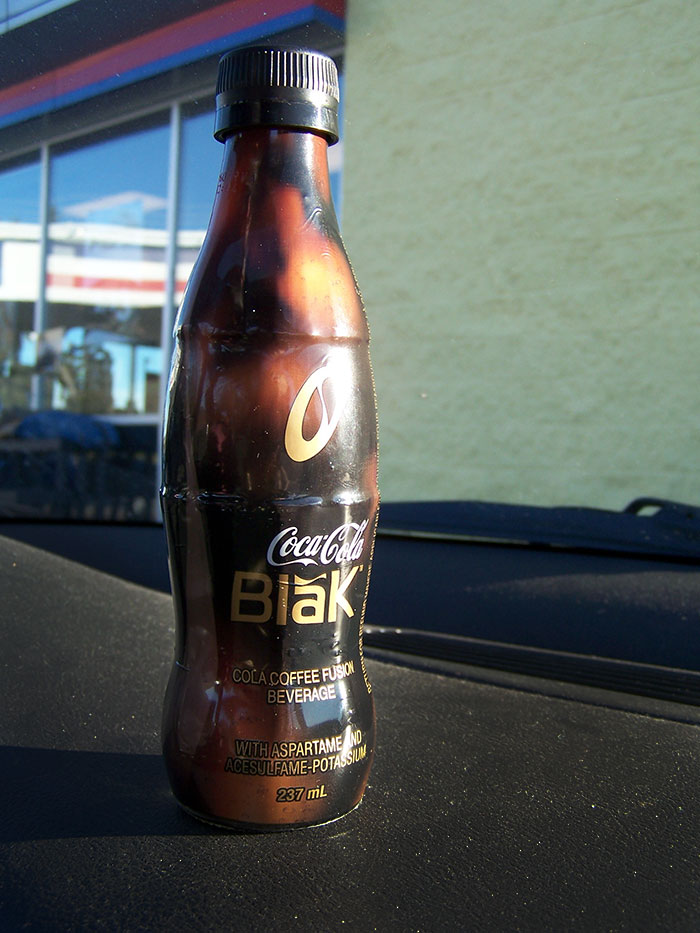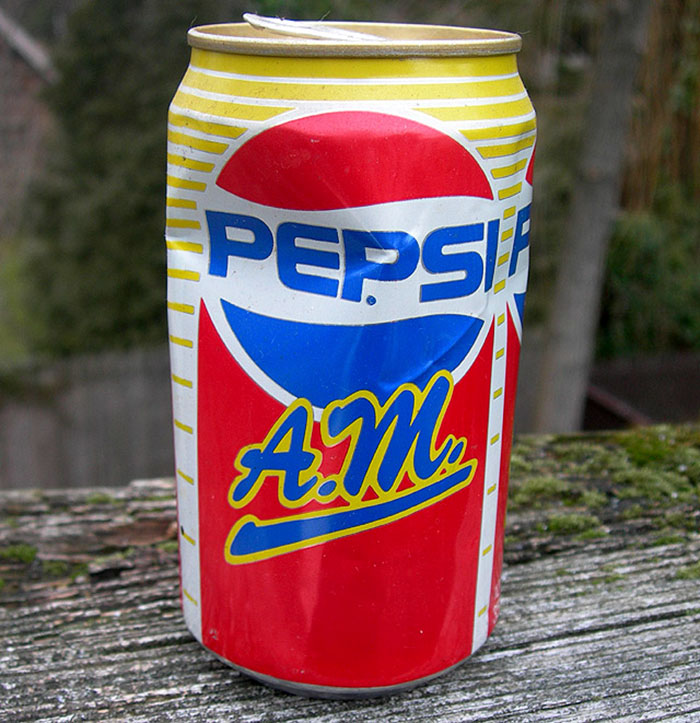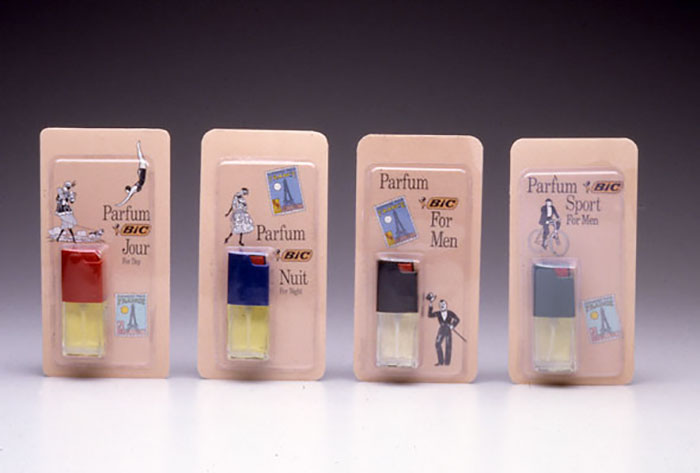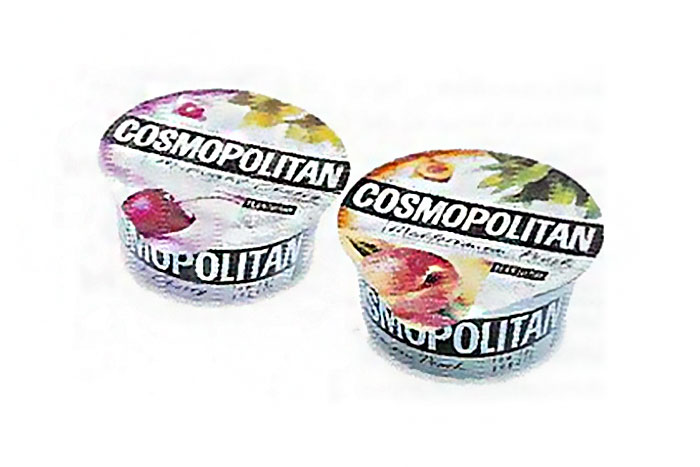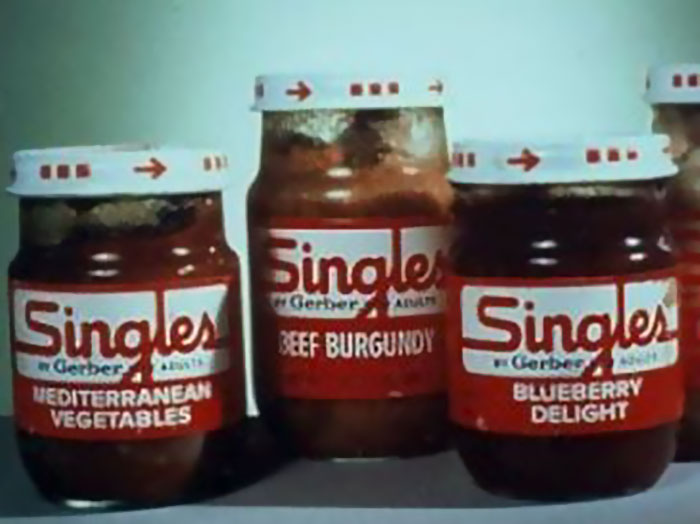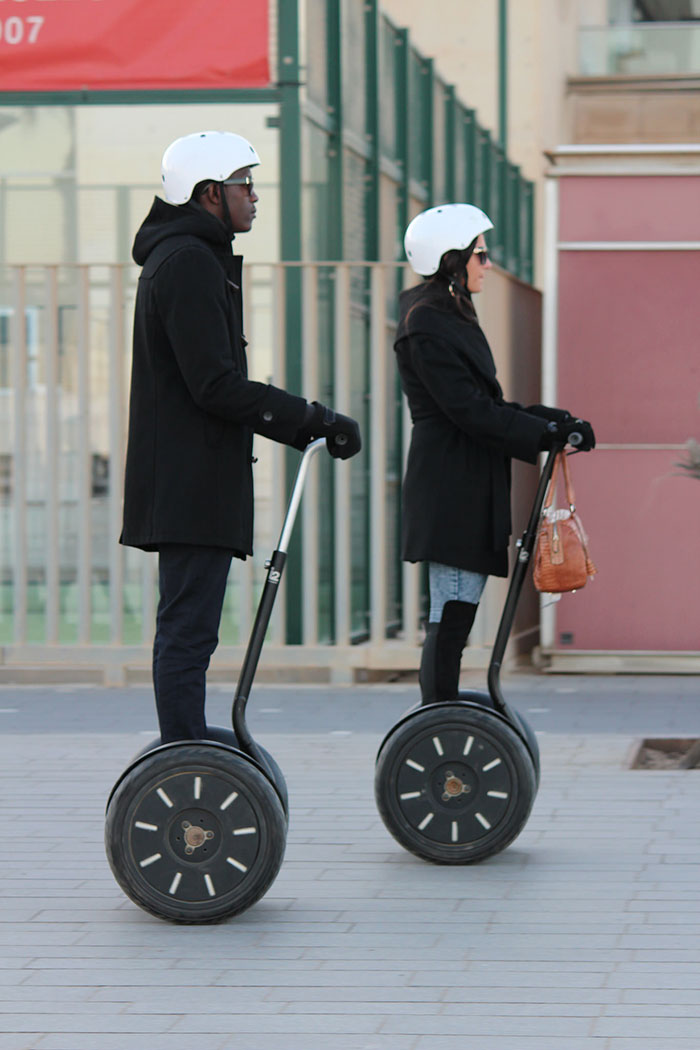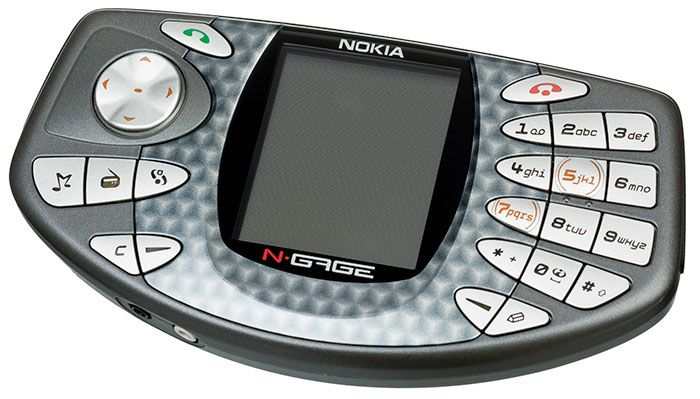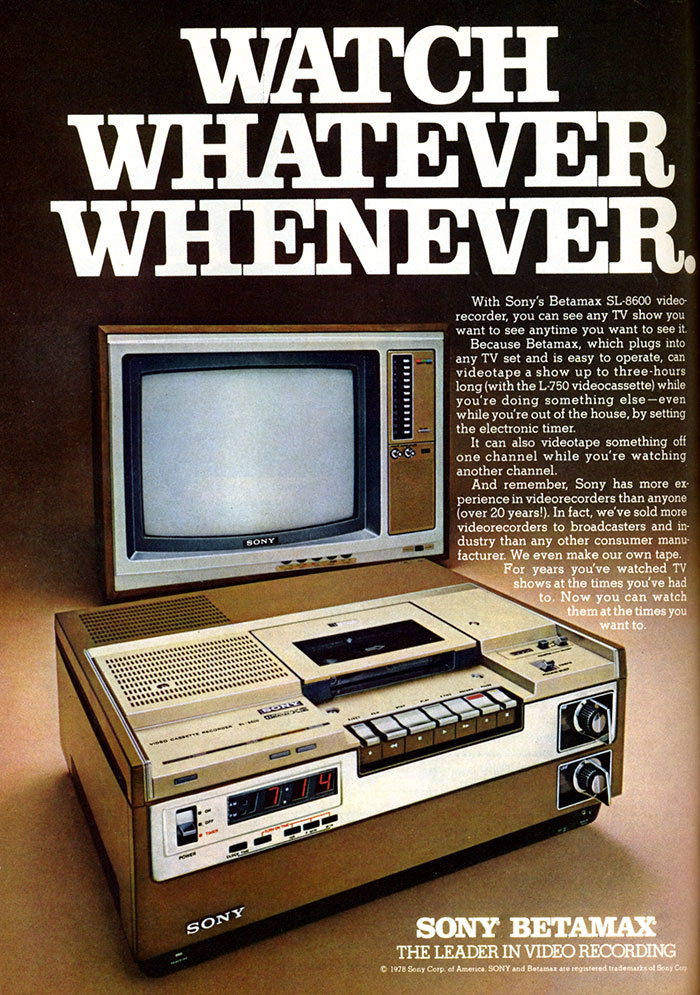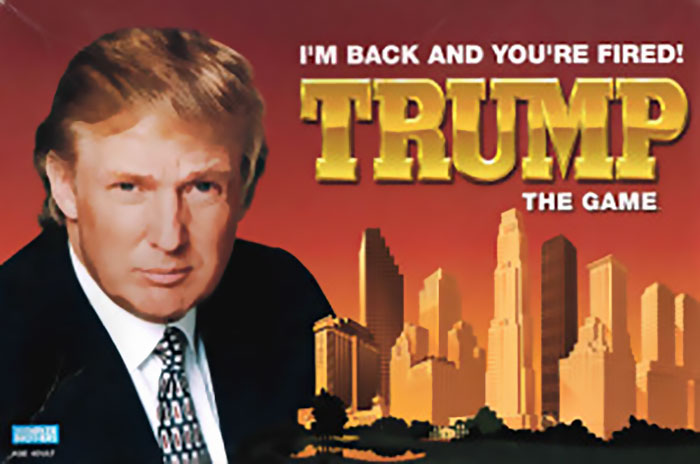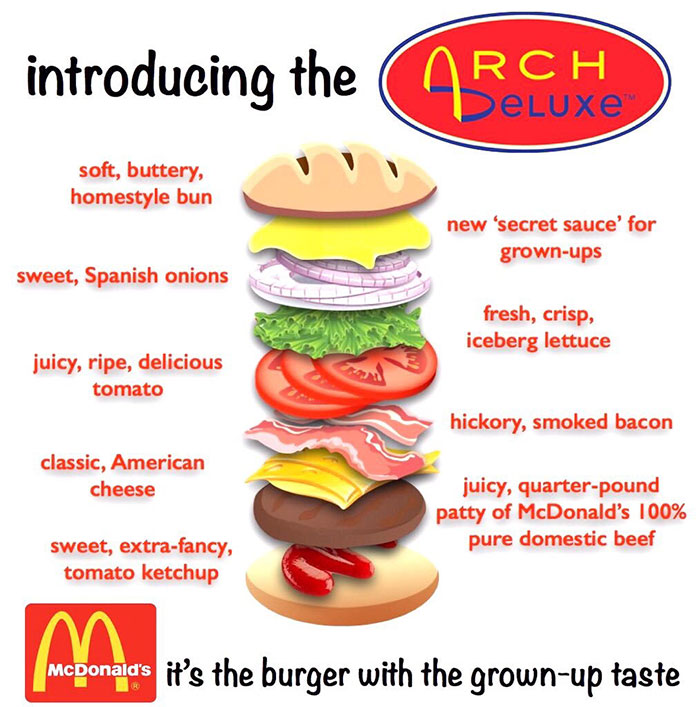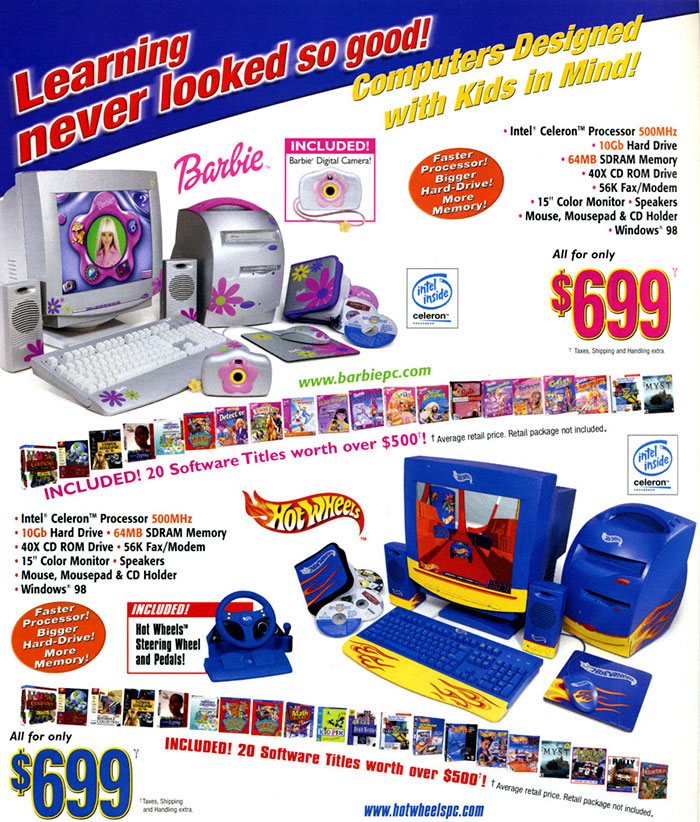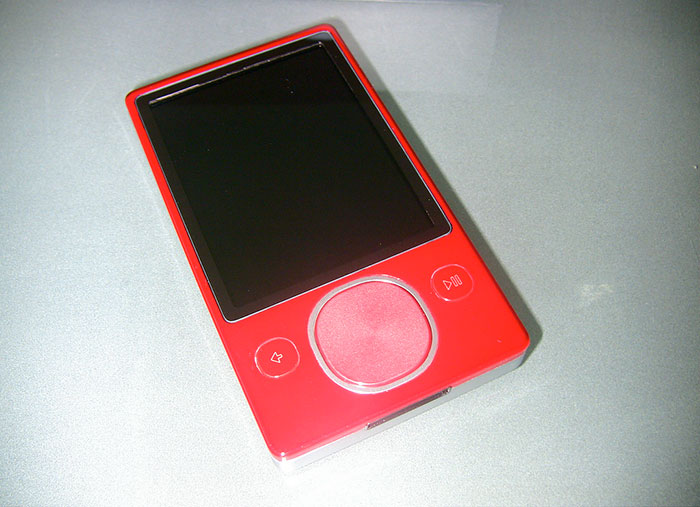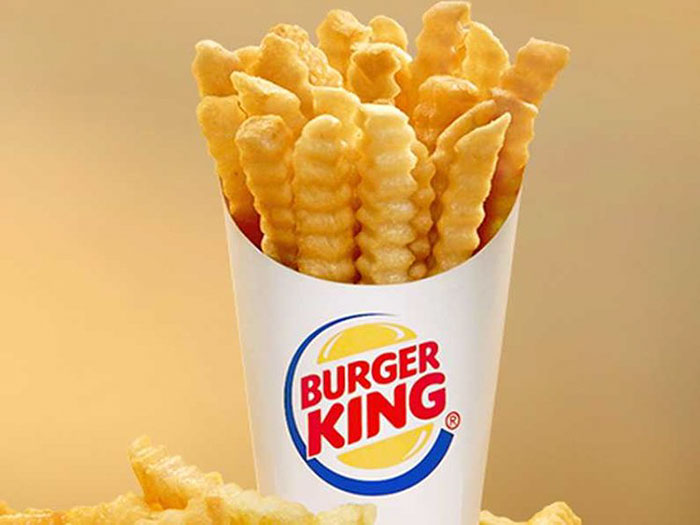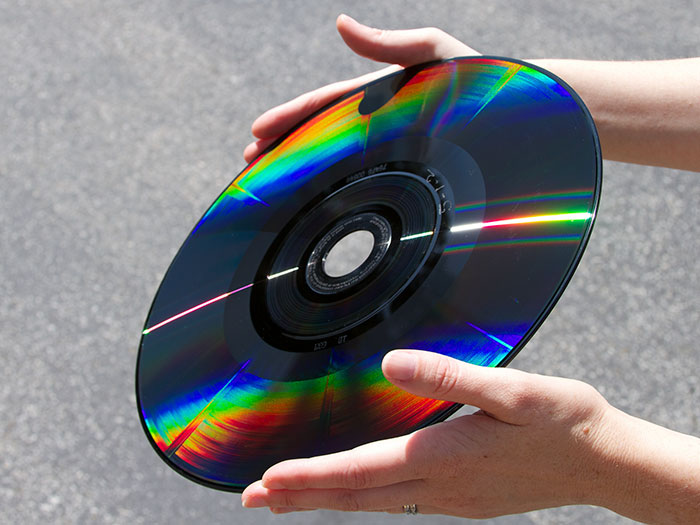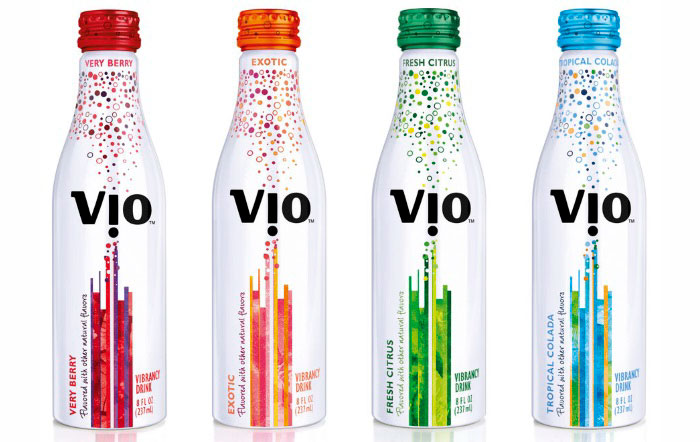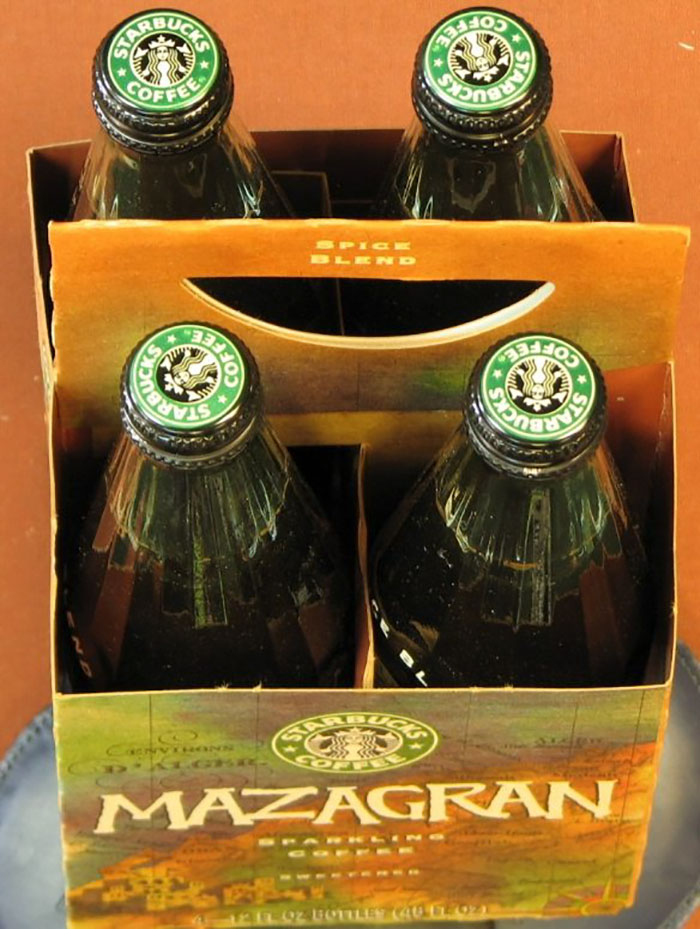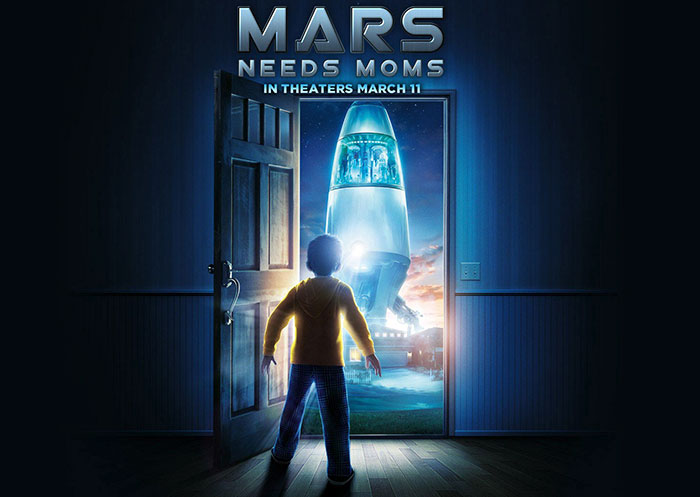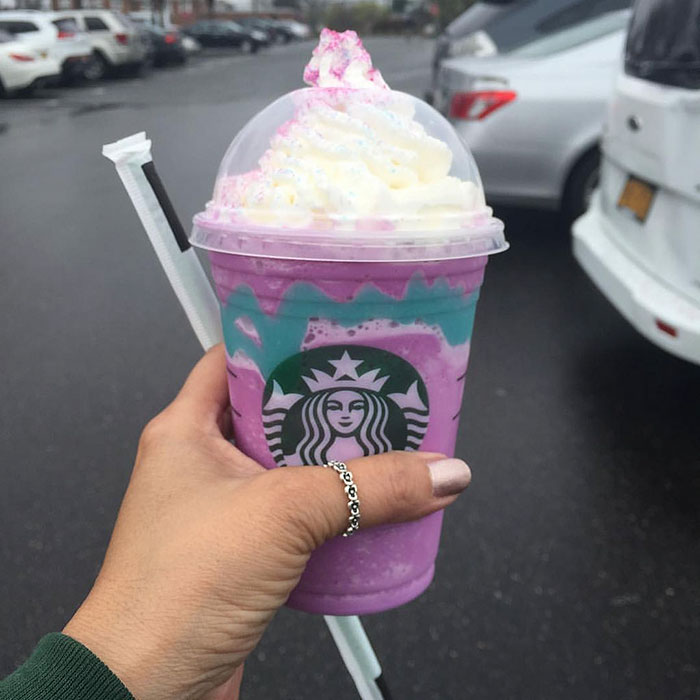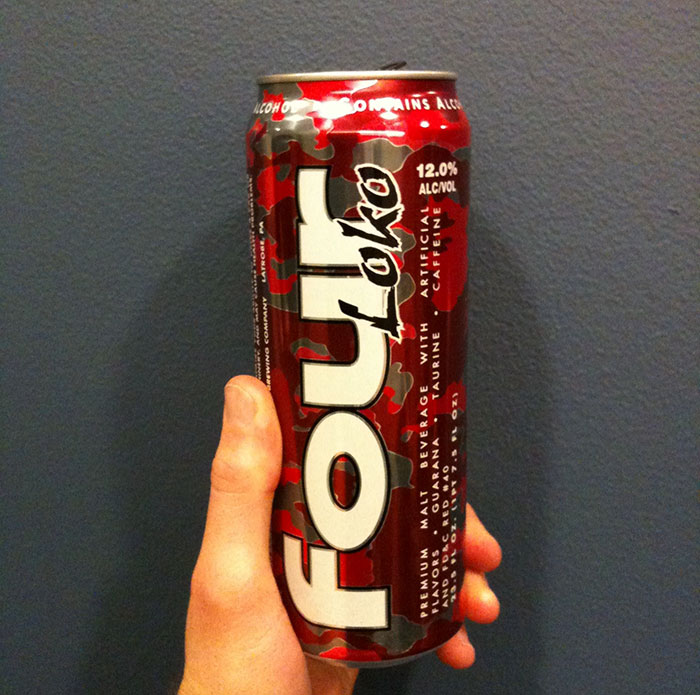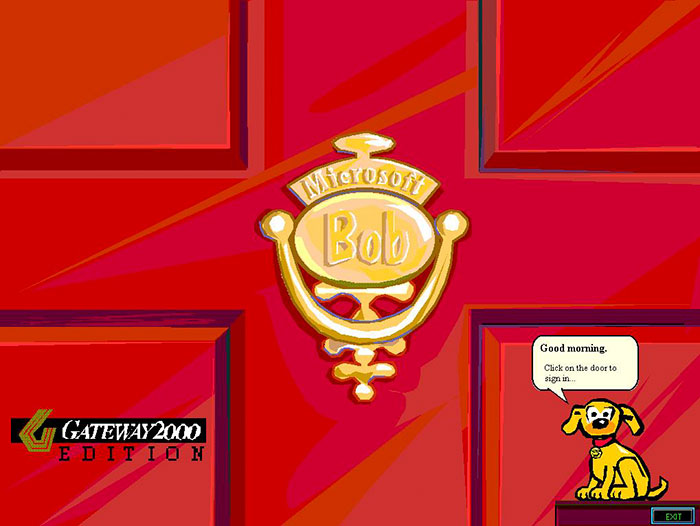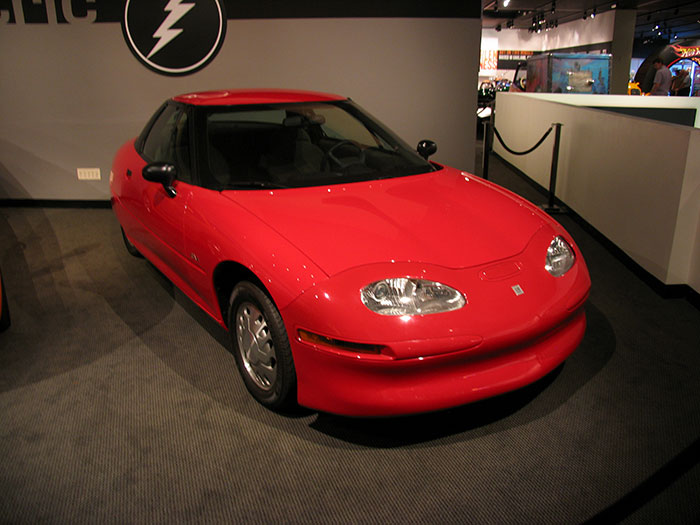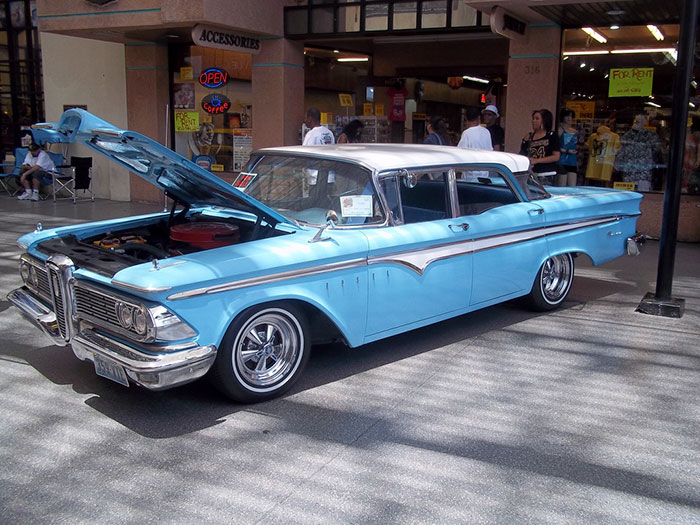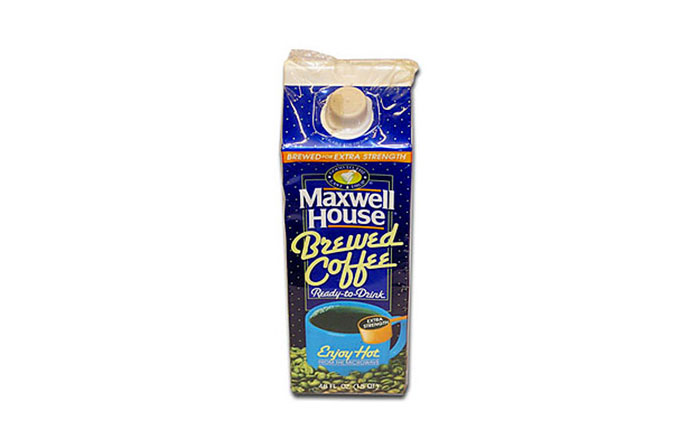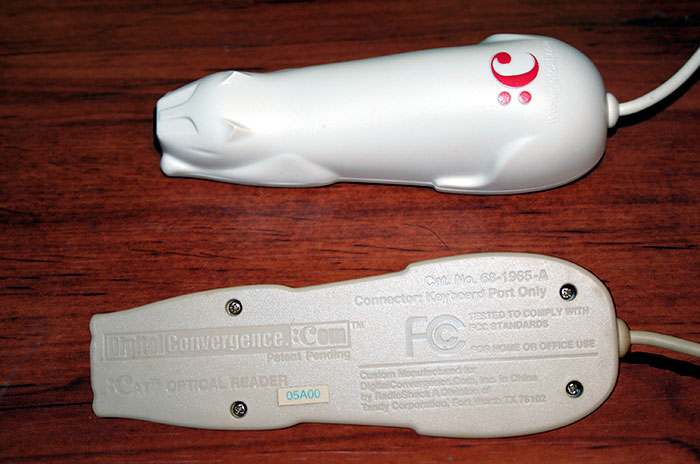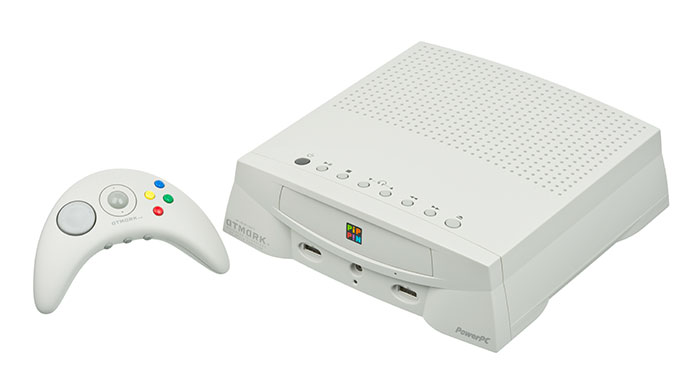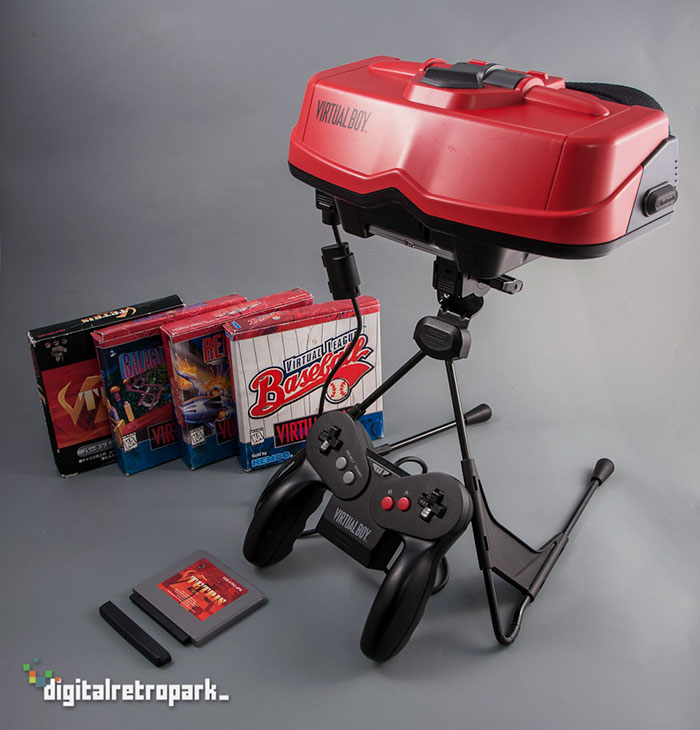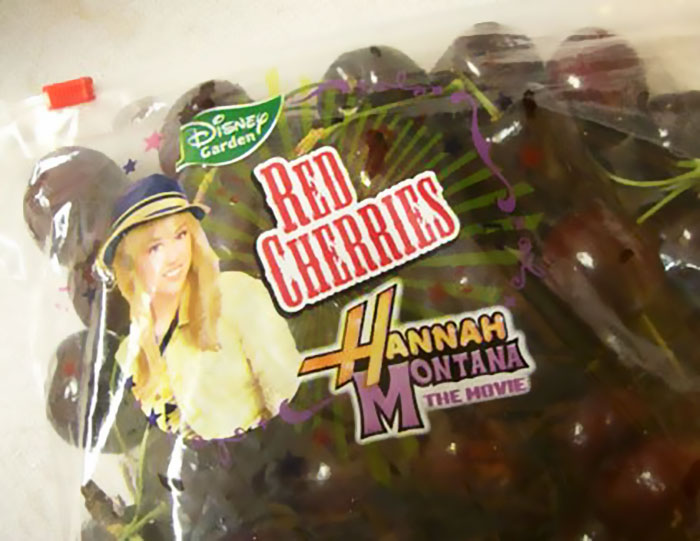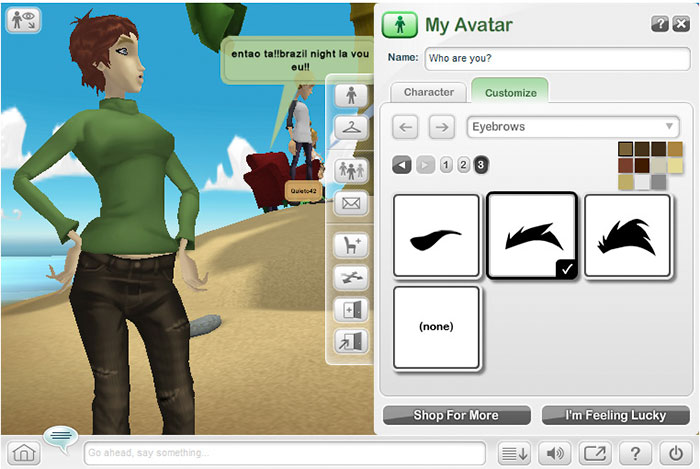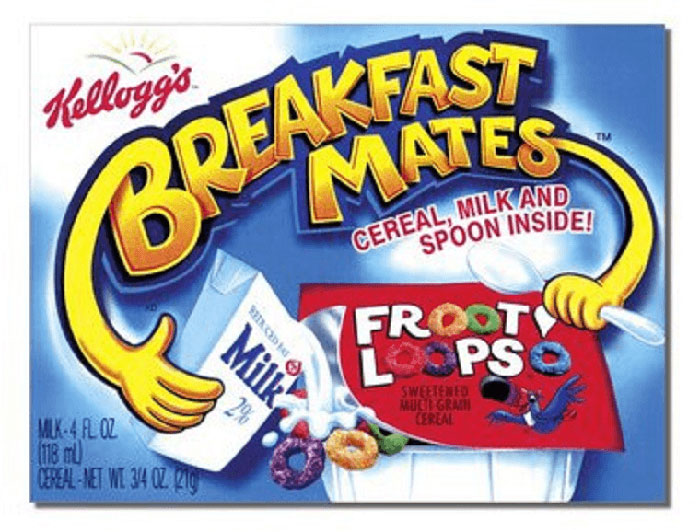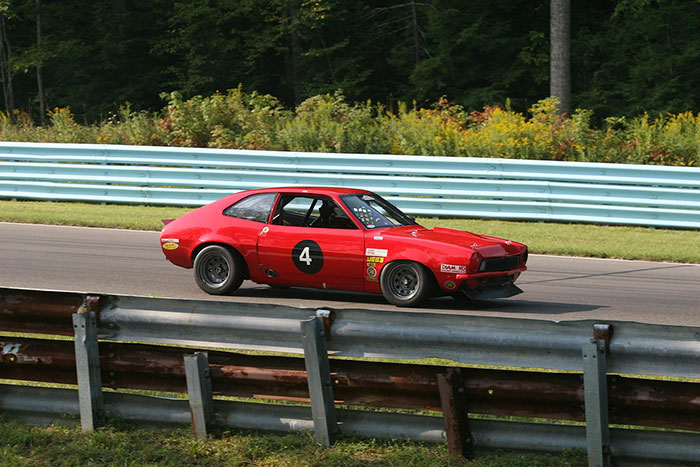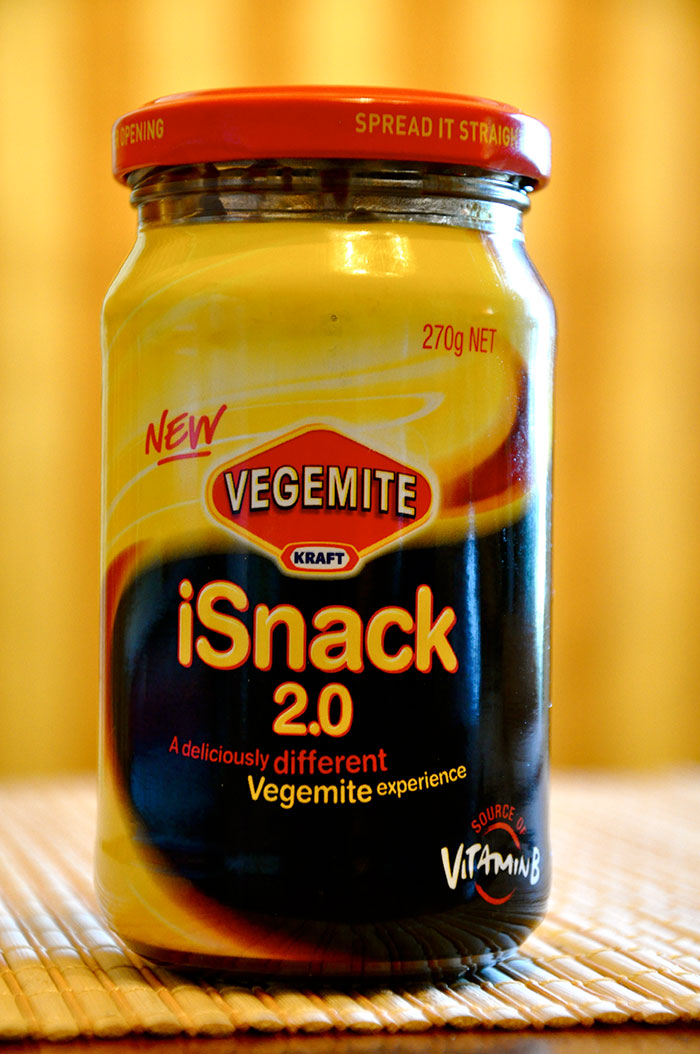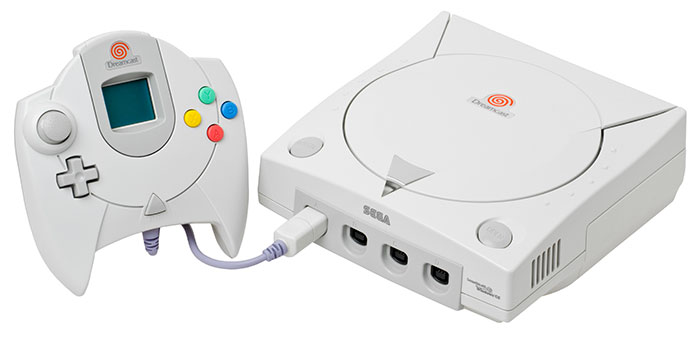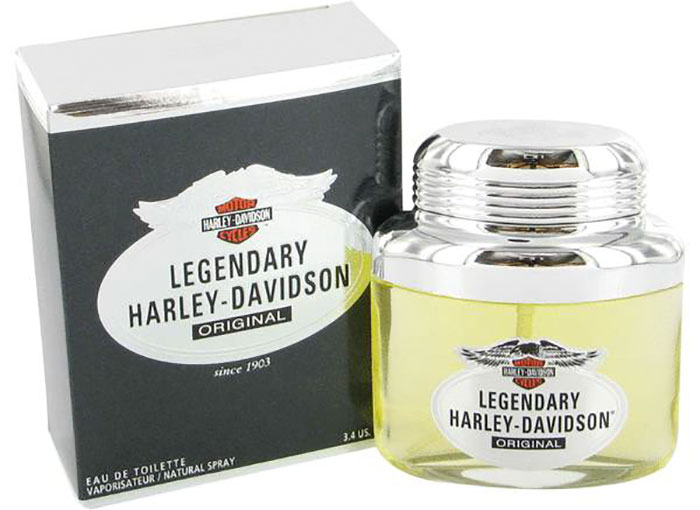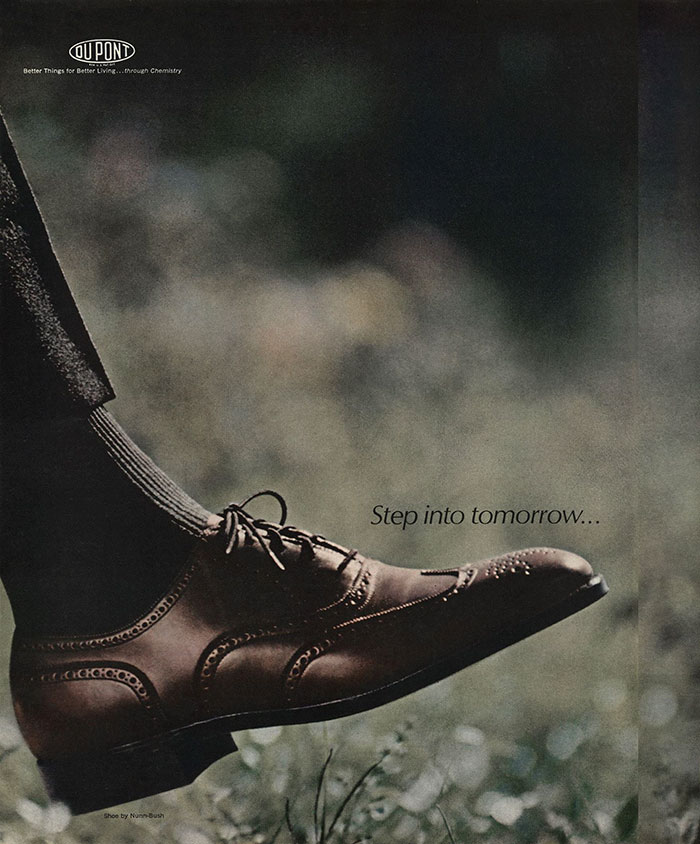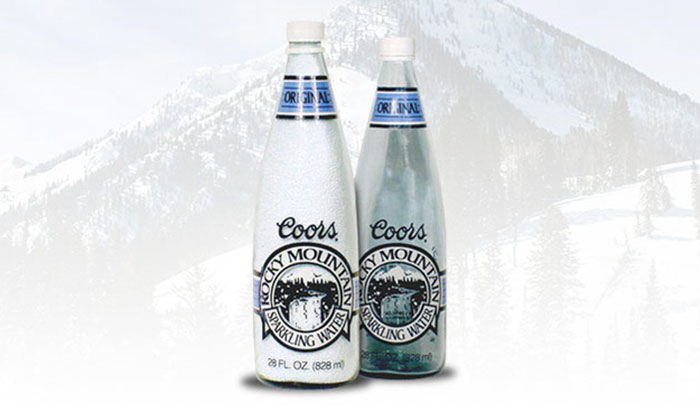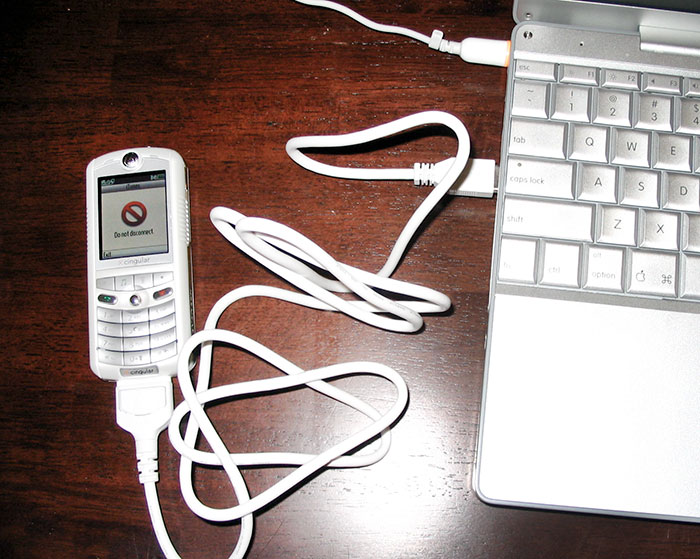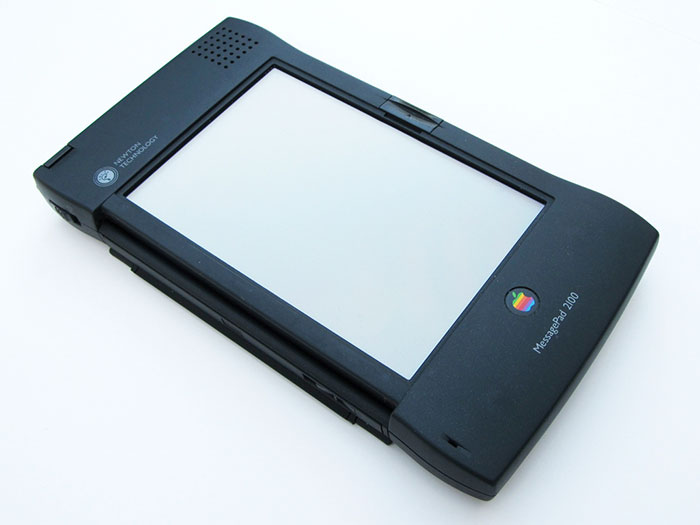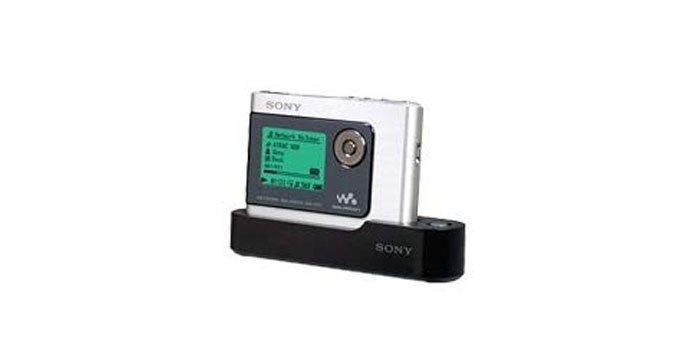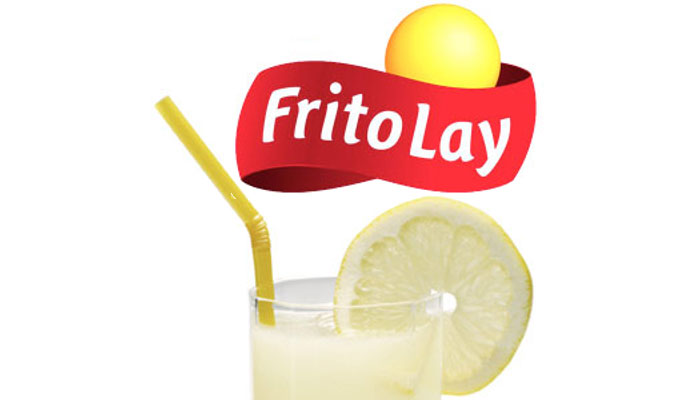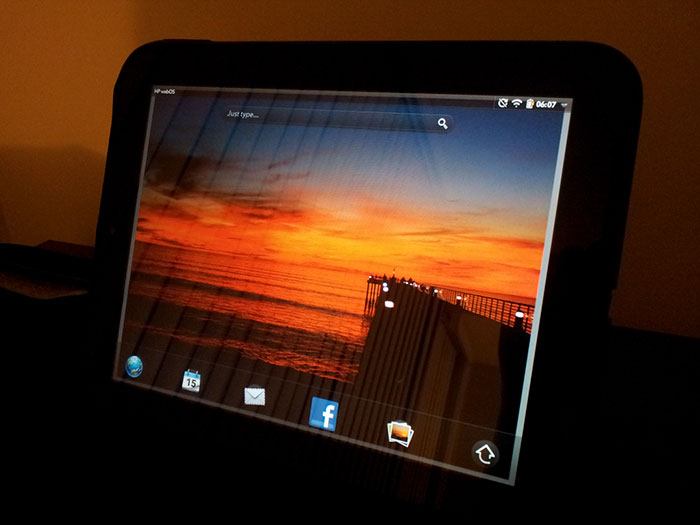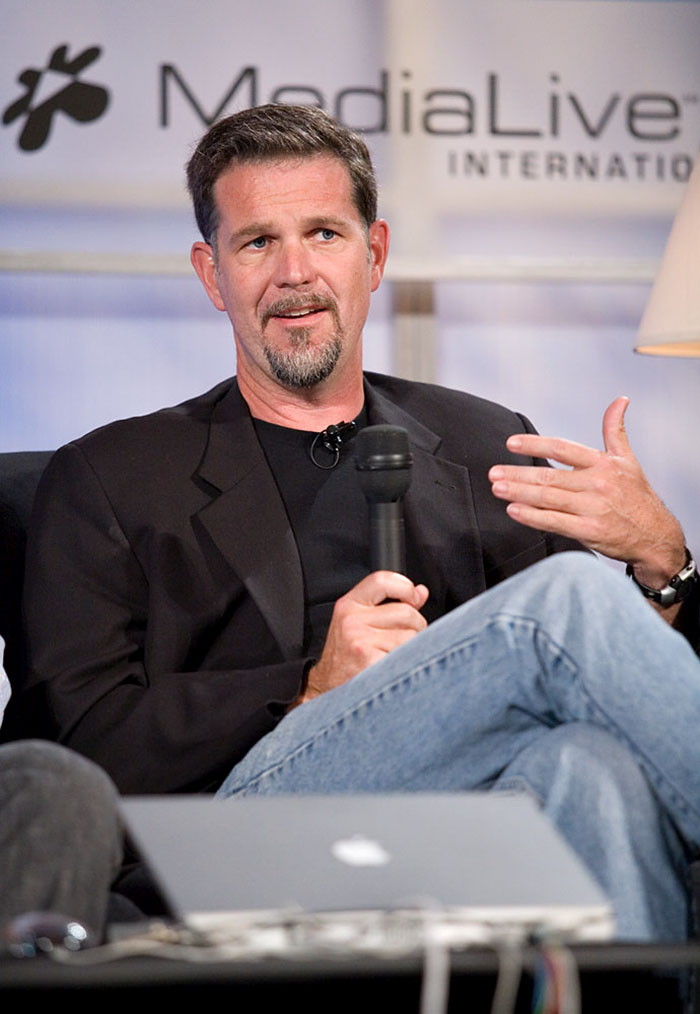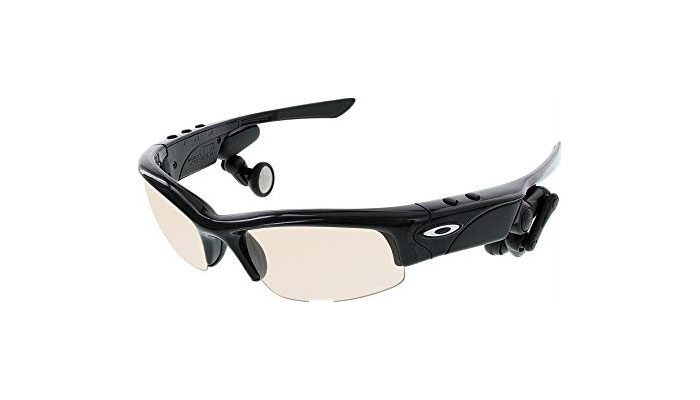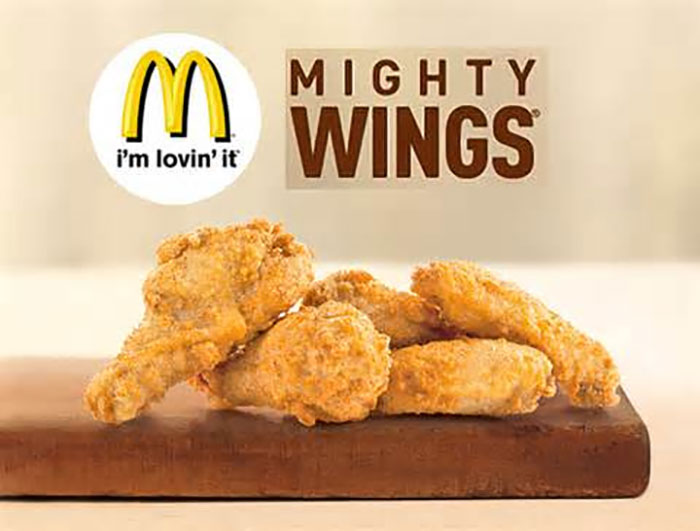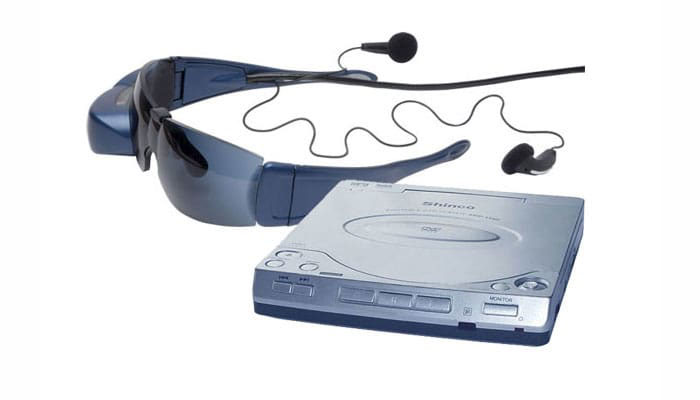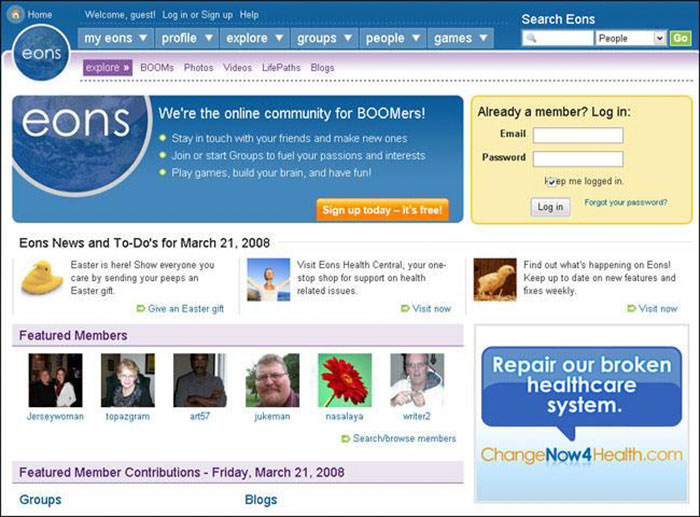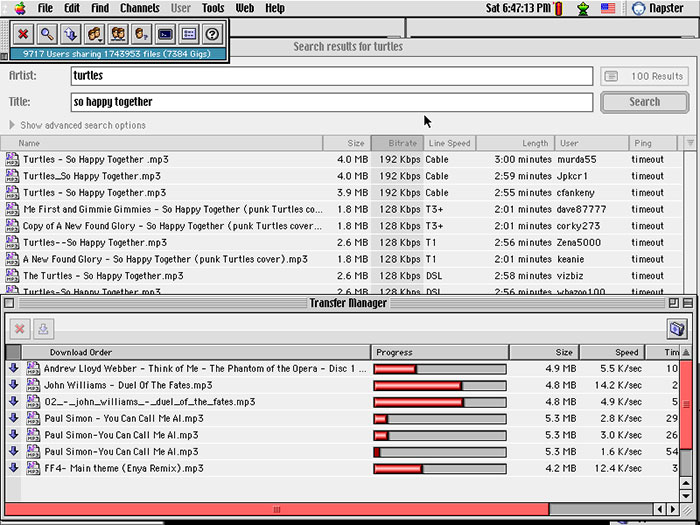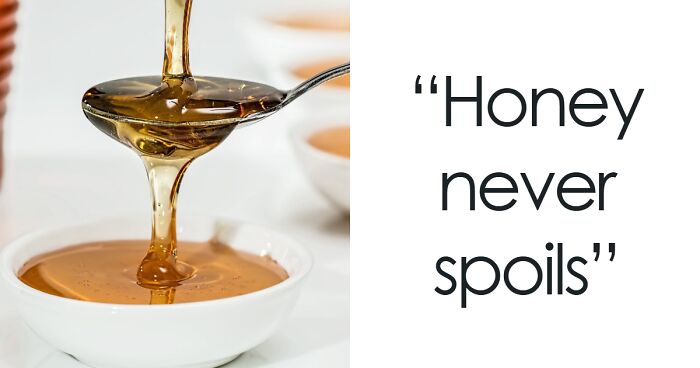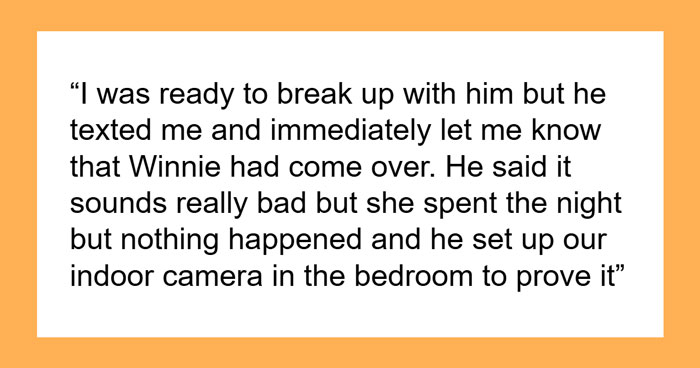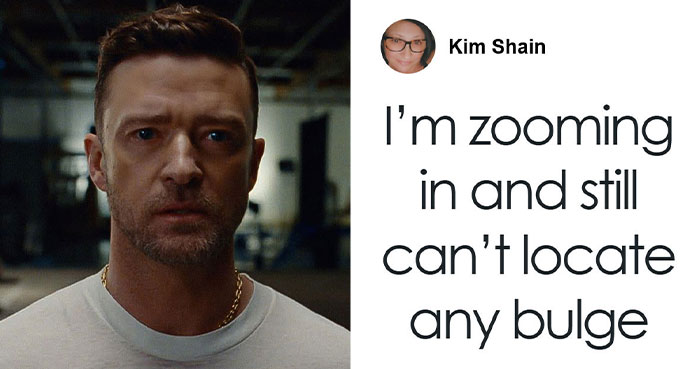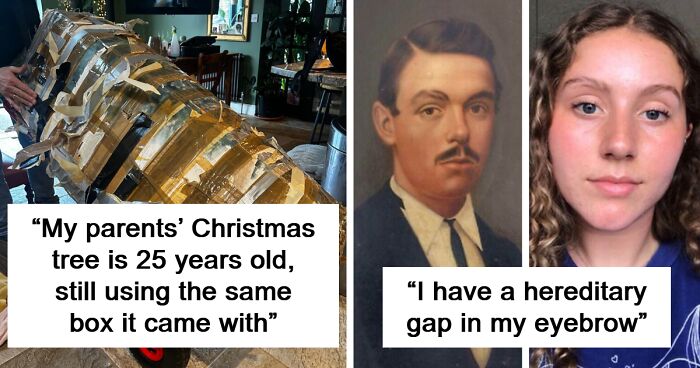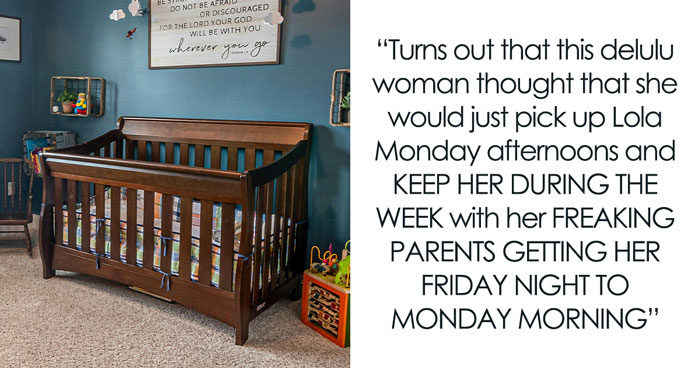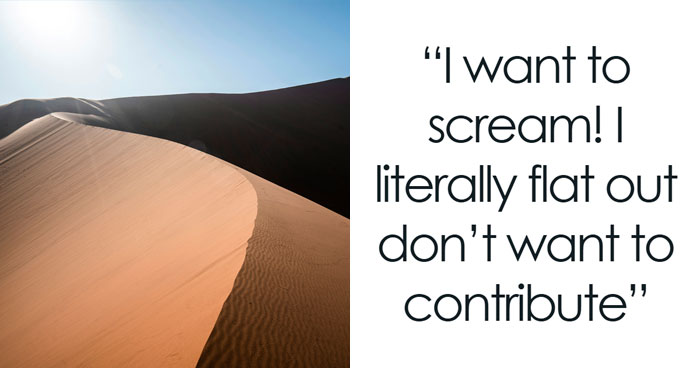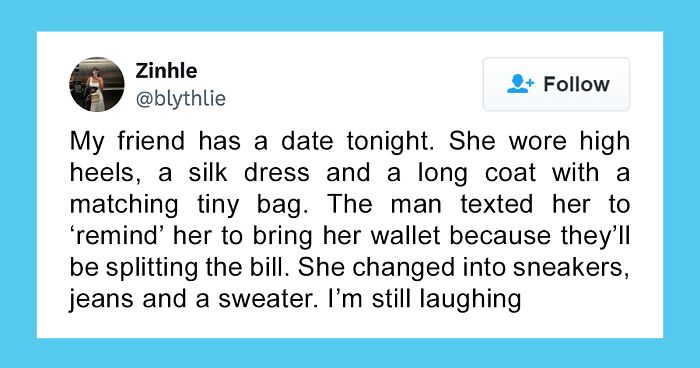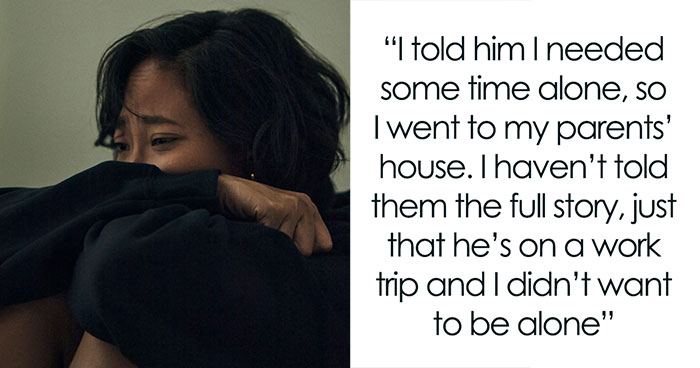It’s not easy to introduce a new product to the market—even for famous brands. Sometimes, consumers aren’t ready for the product, and sometimes bad marketing is to blame. And if that happens, even an enormous marketing budget can’t make people buy the failed products.
You see, when it comes to entrepreneurship and creativity, not every idea can be a home run. Some end up being such bad products that they leave us scratching our heads and asking, “What were they thinking?”
Here at Bored Panda, we’ve gathered 74 such failed products that are notorious for being so unsuccessful that some of them even managed to drive some companies out of business. From rebranding and product extension fails, such as the funny of Colgate lasagna, to startup companies, like Juicero, these products crashed and burned in the pursuit of innovation.
Scroll below to delve into the world of the biggest product failures ever. You’ll be downright outraged by some, while others will leave you in tears; either way, those are some pretty epic failed innovations.
This post may include affiliate links.
Kitchen Entrees, Colgate, 1982
In 1982, Colgate came up with the weirdest brand extension idea. They decided to sell frozen dinners! This plan backfired, probably because consumers couldn’t help but think that the Colgate food tasted just like their toothpaste. No company launches a product thinking that it will decrease sales of their other products, but Colgate should’ve seen it coming. Their toothpaste sales plummeted after the launch of the kitchen entrees line.
Office Assistant Clippy, Microsoft, 1990s
Clippy is described by some as one of the worst user interfaces ever developed. Clippy was designed to pop up whenever the software thought that the user needed help and managed to annoy quite a few people. After Microsoft acknowledged its unpopularity they decided to remove the feature.
EZ Squirt Ketchup, Heinz, 2006
In 2000, Heinz decided to add an unexpected twist to their ketchup to catch children’s attention. They came up with "EZ Squirt" colored ketchup, which came in three main colors: teal, green, and purple. The idea wasn’t meant to last on the market. After six years it was discontinued.
Bic For Her, 2012
In 2012, Bic released a product for women they didn’t even know they needed—“lady pens”. These pointlessly gendered pens were mocked and failed to gain a consumer base.
Because we, women, definitivly neeeeed pink pens and the pink taxe that goes with... and we can"t even say this sexist stuff happened in 1960's
Frito-Lay Wow! Chips, 1998
In 1998, Frito-Lay introduced new fat-free potato chips. People got caught up in the hype of this “miracle food,” and within the first year, sales reached $400 million. Sales plummeted soon after, however, when it was revealed that the chips contained Olestra, a fat substitute that causes abdominal cramping and loose stools.
Five Famous Failed Companies
In the fast-paced corporate world, even the big shots can sometimes trip over their own feet. It’s a reminder from the universe (and consumers): nobody is immune to change. We’ve rounded up five brands that took off with a lot of promise but fizzled out quickly. These failed brands made some questionable decisions that ultimately led to their demise.
Quibi
Streaming platform Quibi had a rapid demise in 2020. It promised to revolutionize mobile entertainment with 10-minute clips but didn’t consider the similar free content available on YouTube and TikTok. The company folded just six months post-launch despite receiving $1.7 billion in funding.
Blockbuster
Blockbuster was once a household name for movie rentals. However, it failed to adapt to the digital era when it refused to buy Netflix in 2000. Blockbuster’s brick-and-mortar rental model quickly became obsolete in a world dominated by streaming services.
Theranos
Theranos claimed to revolutionize blood testing with its innovative technology. However, the company’s failed product didn’t live up to the hype. Theranos faced legal challenges and investigations and ultimately shut down in 2018. The CEO, Elizabeth Holmes, faced legal consequences for misleading investors and patients.
Yahoo
Yahoo is not a failed brand, as it is still around. However, it’s a tale of missed opportunities and colossal missteps. It got cold feet on mammoth opportunities—first, it refused to buy Google for $1 million in 1998 and Facebook for $1.1 billion in 2006. Then, it snubbed Microsoft’s $44.6 billion bid in 2008. It was humbled in 2016 when Verizon swooped in for a bargain, buying Yahoo for around $5 billion, a fraction of its former glory.
Blackberry
BlackBerry was leading the mobile phone market in the early 2000s. Their key differentiation was the ability to send emails and messages on the go. Its technology, however, quickly became obsolete with the rise of Android and iOS smartphones. The failed brand stopped manufacturing phones in 2017.
Google +, 2011
In 2011, Google launched its new social network Google+. However, it never lived up to their expectations of becoming a Facebook competitor. It was a huge disappointment.
Trump Steaks, Donald Trump, 2007
Donald Trump kicked off his “world’s greatest” line of premium steaks in 2007. However, consumers didn't agree with the description of 'great'. The product was discontinued after just two months because of low sales.
Rejuvenique Face Mask, 1999
In 1999, the nightmarish "Rejuvenique Facial Toning Mask" was launched. This creepy mask was intended to tighten facial muscles with... shock therapy. Consumers revealed that it felt as bad as it sounded.
Crystal Pepsi, 1992
In 1992, Pepsi introduced a new product called “Crystal Pepsi”. The product died a year later. David C. Novak, who is credited with introducing the concept, admitted: “It would have been nice if I’d made sure the product tasted good.”
They brought it back i think....I saw it at the gas station in hawaii... unless it's from 1992...
Cheetos Lip Balm, Cheetos, 2005
In 2005, someone at Frito-Lay decided launching a Cheetos-flavored lip balm would be a great idea. Even those of us who have never tried Cheetos can understand why this idea flopped.
They were ahead of their time. I know a guy in the White House who would LOVE this product!
Twitter Peek, 2009
Launched in 2009, Twitter Peek was the first and the last Twitter-only mobile device. The product was created to do only one thing - send and receive tweets, but managed to fail at this simple function. The device gave only a 20-character preview of the tweets. It was no surprise that consumers made a hard pass on this device.
Thirsty Cat! And Thirsty Dog!, 1994
In 1994, a bottled water made for cats and dogs was launched. The beverage was carbonated, vitamin-enriched, and flavored. The product flopped after consumers realized it was essentially soda and completely unnecessary to give to their pets.
Samsung Galaxy Note 7, 2016
In 2017, everyone was talking about this explosive failure—the Samsung Galaxy Note 7. It lasted less than a year in the market after Samsung recalled around 2.5 million phones due to complaints of overheating and exploding batteries.
Hoverboards, 2015
In 2015, Hoverboards became one of the biggest tech flops. Why? Because they could potentially catch fire and burn your house down.
Juicero, 2017
In 2013, Juicero introduced a juicer called the Juicero Press. This device was sold with packets of pre-juiced fruits and vegetables sold exclusively by the company. They were humiliated when consumers realized that the packets could be squeezed by hand just as efficiently as with the juicer. Later, Juicero announced that it was suspending its juicer sales and repurchasing the products from customers.
Google Glass, 2013-2014
Google Glass, launched in 2013, was a very flawed attempt to create smart glasses. The device retailed for $1,500 and failed to perform its intended functions well. These high-tech glasses also reportedly raised some very serious safety and privacy concerns.
New Coke, Coca-Cola Co, 1985
In 1985, Coca-Cola Co. decided to reformulate Coke. The company invested $4 million into a nationwide taste test. And despite the New Coke doing well in taste tests, people's reactions were extremely negative after the launch. Within three months of New Coke’s release, the company had to reintroduce the original formula and rebrand it as Coca-Cola Classic.
Malcolm Gladwell's book "Blink" offered a very interesting theory on why it failed. Essentially it came down to sweet was preferable in small doses (i.e., blind taste tests), but most people don't drink just a little bit.
Cocaine, Redux Beverages, 2007
This energy drink was pulled from shelves in the US because of its suggestive name. The FDA decided that Cocaine was “illegally marketing the drink as both a street drug alternative and a dietary supplement.” The drink is still sold in Europe under its original name.
E.T. The Extra-Terrestrial, Atari, 1982
Atari spent $20 million to secure the box office hit E.T., The Extra-Terrestrial thinking they had found a profitable source for video game development. The company produced four million cartridges however 2.5 million were left unsold and were dumped in a landfill.
Amazon's Fire Phone, 2014
Amazon decided to enter the smartphone market with the Fire Phone in 2014. However, it was very unsuccessful and was discontinued a year later. The company’s CEO Tom Szkutak indicated that the pricing strategy was to blame for this product fail.
Guess the market didn’t CATCH fire. I guess they didn’t find the phone to be LIT.
Delorean DMC-12, Delorean Motor Company, 1981
You probably know this car for its appearance in the movie, Back to the Future. Notable for its gull-wing doors, the car was plagued by performance and safety issues. It was on the market only for three years before production was stopped.
Jimmy Dean Chocolate Chip Pancake-Wrapped Sausage, 2006
In 2016, Jimmy Dean introduced a strange combination - sausage links wrapped in chocolate chip pancakes on a stick. The saying “it might be crazy enough to work” did not apply to this product.
Premier Smokeless Cigarettes, Rj Reynolds Tobacco Company, 1989
In 1988, RJ Reynolds Tobacco decided to develop a smokeless cigarette. The company invested $325 million into manufacturing their new Premier line which, according to the CEO of the company “tasted like sh*t”. It’s no surprise people didn’t buy them.
Windows Vista, Microsoft, 2007
The operating system Windows Vista, released in 2007, was a huge failure. It flopped due to new security features, performance, driver support, and product activation issues.
Orbitz Soda, Clearly Canadian Beverage Corporation, 1997
Orbitz drink, which resembles a lava lamp caught consumers’ attention in 1988. However, according to reviews, its taste wasn’t worth the hype. People began comparing the beverage to cough syrup and the gel balls only made the taste worse.
Pepsi Blue, 2002
In 2002, Pepsi launched its Pepsi Blue drink to compete with Vanilla Coke. Despite being heavily promoted, this new beverage flopped. It was supposed to taste like berries. However, consumers said it tasted more like cotton candy with a berry-like aftertaste.
Wow, we loved this in high school in Hungary! It was rumored it was created by accident in one of the factories, and they decided to sell the strange colored coke as a limited edition. In my opinion, it tasted a bit like almond. If you mixed it with regular coke, it became green. (Instant Nuka-Cola.)
Blak, Coca-Cola, 2006
In 2006, Coca-Cola combined cola with coffee to create Coca-Cola Blak. The drink was shelved a couple of years later when people began complaining about the poor taste and excess caffeine.
Pepsi A.M, 1989
In 1989, Pepsi introduced Pepsi A.M. This new formula contained more caffeine than regular Pepsi and was marketed as a morning drink. However, consumers were not fond of the idea of drinking Pepsi for breakfast. As a result, Pepsi A.M. was discontinued a year later.
maybe they had the wrong market, cause.. over here in Mexico, you can enjoy your tacos de birria with a niiiiice, cold soda in the morning!
Parfum Bic, 1989 - 1990
In 1989, Bic launched a completely unrelated product to its brand—perfumes. People were not impressed. Bic removed the fragrance from shelves the following year, swallowing an estimated $11 million loss.
Bic... a brand that have been producing disposable pens, lighters or shavers since 1945 though it was a good idea to use the same name for parfum, which is supposed to be a luxury product?
Cosmopolitan Yogurt, 1999
In 1999, Cosmopolitan magazine decided to get into the food game. They came up with the idea of Cosmopolitan yogurt. While yogurt itself seemed to appeal to their target demographic, Cosmopolitan was unable to sell their brand. It was discontinued after only 18 months.
Considering how sleazy Cosmo is as a magazine, I wouldn't want to eat any food they put their name on.
Gerber Singles, 1974
In 1974, the baby food giant Gerber came up with the idea of creating ‘baby food’ for adults. Gerber believed there was a market for ready-to-eat food in a jar, but oh how wrong they were. Consumers didn’t find jars of meat mush very appetizing, and Gerber Singles failed badly.
Segway, 2001
Segway was launched in 2001 with very high expectations. However, this two-wheeled expensive vehicle failed to live up to the hype. It came with a price tag of $5,000, and despite being quite innovative, it just wasn’t that appealing or necessary to consumers.
"You see me roll on my Segway I know in my heart they think i'm white and nerdy"
Nokia N-Gage, Nokia, 2003
Back in 2003, before everyone was playing games on their smartphones, Nokia decided to combine phones and gaming. The company expected a better reception to their Nokia N-gage, but it ended up being a total failure. This ‘taco phone’, as some people began referring to it, only managed to reach one-third of its 6 million units in sales.
Sony Betamax, 1975
Sony Betamax was released in 1975, but it was a huge mistake because its rivals started selling VHS machines. The Betamax format was crushed in the videotape format war by the VHS. Consumers preferred it mainly because VHS recording time was 2 hours, allowing most feature films to be recorded without a tape change.
I believe the real reason that Betamax failed was that the porn industry went with the VHS format.
Trump: The Game, 1989
In 2011, Time magazine listed this game among the "Top 10 Donald Trump Failures". This game was released in 1989 with only 800,000 copies sold out of an expected two million.
McDonald's Arch Deluxe, 1996
In 1996, McDonald’s decided to broaden its target demographic by introducing a burger, Arch Deluxe. The mustard-mayonnaise sauce was supposed to appeal to adult tastes. However, even a $100 million advertising campaign couldn’t convince grown-ups to eat the burger. The failed product was soon discontinued, and its marketing campaign is now considered to be one of the most expensive flops of all time.
Hot Wheels And Barbie Computers, 1999
Hot Wheels and Barbie computers came with so many manufacturing issues that it drove the company out of business, with thousands of unfilled orders.
Microsoft Zune, 2006
In 2006, Microsoft came up with the Zune, a failed product that was supposed to rival the iPod. However, Zune failed to convince consumers that it was on par with the iPod. In 2011, Zune players were discontinued.
My ex had a Zune in 2007, and I had an iPod, the Zune was definitely better at the time.
Satisfries, Burger King, 2013
Burger King’s attempt to make french fries a little healthier backfired. They introduced Satisfries in 2013 as an alternative to regular fried, except with less fat and fewer calories. Consumers weren’t fond of these revamped fries, and Burger King had to go back to their original recipe.
I remember in the 1990s when McDonald's fries were delicious. Then they succumbed to public pressure which treated them as a scapegoat for all obesity, and changed the formula for good. Now the fries are just meh. Checkers/Rally's will forever carry the best fries trophy, and all they have to do is not care about health in any way.
Laserdisc, Philips, 1978
Despite being able to offer higher-quality video and audio than its rivals, Laserdisc failed to gain traction.
Vio, Coca-Cola Company, 2009
Introduced in 2009, Vio, a beverage by The Coca-Cola Company, failed to win consumer’s hearts. Why? Probably because flavored milk mixed with carbonated water is a very odd and unappealing combination.
Mazagran, Starbucks And Pepsi, 1995
Starbucks and Pepsi partnered to make this carbonated coffee soda. People couldn’t decide whether they liked or hated the drink. Nevertheless, it was discontinued after failing to appeal to a broad audience.
Mars Needs Moms, Walt Disney Motion, 2011
Mars Needs Moms was an utter disappointment for Disney. The animated film cost $150 million to produce and probably $50 million more went to marketing. The saddest part is that the movie only made only $6.9 million in its debut at the domestic box office. It is considered the worst flop of 2011.
Never heard of it. Guess the $50 million spend on marketing were not enough ;p
Starbucks Unicorn Frappuccino, Starbucks, 2017
When Starbucks launched Unicorn Frappuccino, it made people freak out about how good it looked on their Instagram feeds. However, the taste didn’t match the hype and disappointed many people.
ugh.. just by seeing it I can feel a mouthful of artificial sweeteners! Ugh! I don't get it why it became the craze, it look awful! Gross.
Four Loko, Drink Four Brewing Company, 2005
Four Loko used to be an alcoholic beverage combined with caffeine. The drink was the subject of ethical, legal, and health concerns. In 2011, the FDA declared alcoholic energy drinks a public health concern.
Microsoft Bob, 1995
Microsoft introduced a software called Bob in 1995. Bob was supposed to make Windows more user-friendly by transforming the desktop screen into an image of a room to help users find and understand programs better. However, it was a huge, unworkable mess. Bob was discontinued a year later.
Ev1, General Motors, 1996 — 1999
In 1996, General Motors introduced EV1 as the first mass-produced electric car. It was a big hit with consumers and environmentalists. However, six years after the release, General Motors recalled the model, claiming liability and spare parts problems, making quite a few people angry.
Edsel, Ford Motor Company, 1957
Back in 1957, Ford Motor Company manufactured a car called the Edsel. The company invested $400 million in the development, manufacturing, and marketing with the belief that Edsel was the "car of the future". However, once it was unveiled to the public, it failed so badly to appeal to the consumers that Ford ended up losing $250 million. Edsel was taken off the market in 1960 and became an example of how not to market a product.
Brewed Coffee In A Box, Maxwell House, 1990
Maxwell House came up with the idea to sell pre-brewed coffee in a cardboard carton. The company missed the opportunity to start a cold-brew coffee trend and instead suggested that consumers should heat up their cold coffee. It’s no surprise that they were not into this idea.
Cuecat Barcode Scanner, Digital Convergence Corporation, 1999
The CueCat was supposed to serve as a bridge between the print media world and the internet. After plugging the device into a PC, consumers could use it to scan barcodes on magazines; the browser would then open a specialized website associated with the barcode. The product left everyone scratching their heads, and it was discontinued after it was deemed useless.
We had this! Actually it was really useful to scan all our movies into an online database so we could access them from other devices. It was actually really useful! We had about 1000 movies scanned in and sorted (as well as copied onto the hard drive) before our real cat jumped up and knocked the computer over when we were out one day. Killed the computer and all our hard work :( Darn cats!
Apple Pippin, 1995
It is estimated that Apple produced 100,000 units of Pippin console and only 42,000 were sold. As it turns out, the console which was supposed to be a gaming, web browsing, and educational device wasn’t that appealing to the consumers.
Nintendo's Virtual Boy, 1995
In 1995, Nintendo introduced a huge mess called the Virtual Boy, marketed as the first virtual reality console. In reality, it was far from it. The console actually used a parallax effect to create an illusion of depth. The reviews were mainly negative, and as the sales plummeted Virtual Boy was considered a failed product.
Hannah Montana Cherries, Disney, 2009
After Hannah Montana became a success, Disney merchandised dozens of products. Some were appropriate, others, like these cherries, not so much...
Google Lively, 2008
Back in 2008, when the virtual world “Second Life" was thriving, Google decided to create its own version and called it “Lively". It turned out to be a terrible idea, and "Lively" was closed after less than a year.
Astro Pants, Lululemon 2013
In 2013, Lululemon had to recall its Astro pants because consumers complained that their form-fitting pants were see-through. The incident led to a decrease in profits and a lawsuit.
Breakfast Mates, Kellogg’s, 1998
Milk and cereal are the perfect match, and Kellogg's knows it well. But too much of a good thing can still be too much. In 1998, the company came up with the idea of selling milk and cereal in the same box. This could’ve been a good and convenient idea. But after spending $30 million on TV and print ads, they realized that they had made a mistake. Breakfast mates were neither convenient for consumers nor tasty.
Pinto, Ford, 1970
The Ford Pinto flop brought huge financial losses to the company and damaged its reputation. The reason behind it—the car is known for deadly fires related to rear-end collisions. These accidents resulted in around 117 lawsuits against Ford.
There's one in our neighbourhood - and it's restored to showroom condition. Apparently this is a trend. I spoke to a mechanic who's restored about half a dozen AMC Gremlins.
Vegemite iSnack 2.0, 2009
In 2009, Vegemite received 48,000 suggestions on what to name their new cheese-based spread. Out of all the ideas they received, they decided to go with the worst one—iSnack 2.0. It was widely ridiculed and protested and it made the company rethink their choice.
Dreamcast, Sega, 1999
Dreamcast was supposed to put Sega back in the game. As it turned out, Dreamcast was just not as good as PS2. After this failed product, Sega decided to abandon the console business and become a third-party developer.
Part of what helped this flop in a big way was that the discs were not at all encoded (as they are on PS, XBox, etc.). This means that you could easily download or copy a full $60 game just as easily as you could do with a music CD. With CD burner drives, Blockbuster video and Napster all at their prime, this means that you could build a huge game collection without giving Sega or game developers a dime.
Cologne, Harley Davidson, 1990
Back in 1990, Harley Davidson went too far with brand extension. The brand released many strange products, but it seems that bikers decided that enough was enough after Harley Davidson introduced colognes. The colognes failed to interest consumers and made Harley Davidson realize that they should stop stretching the brand into other product categories.
Still on sale in Germany.... https://www.escents.de/herren-parfum/harley-davidson-parfum-online-kaufen/a-2530/?ReferrerID=7.00&gclid=CjwKCAjw-dXaBRAEEiwAbwCi5sOfCg5f_kr19dUZ34bPG5e8Q6y5dGc1E_eZTxPwXeWwyHJopw80-BoC2l8QAvD_BwE
Corfam, Dupont, 1963
In 1964, DuPont launched Corfam shoes with synthetic leather. They were advertised as a much better alternative to leather shoes and managed to rustle up some excitement about their new product. However, these shoes flopped after people started complaining that the shoes were stiff and too hot for feet. It resulted in the company losing over $100 million.
Coors Rocky Mountain Spring Water, 1990
In 1990, the Coors Brewing Company decided to launch its first nonalcoholic beverage since Prohibition. As it turns out, many people were confused by Coors Rocky Mountain Sparkling Water since it had a name and label similar to that of Coors beer. The product was discontinued in 1997, and the low sales forced Coors to stick with selling beer.
Yeah, Coors should stick with what they do well...um...Okay, they should stick with what they do, "beer." *spits* Nasty bland p**s-water...
Rokr E1, Motorola And Apple, 2005
Before Apple created the iPhone, they partnered up with Motorola to create a new iTunes phone. Sadly, what they came up with was an underpowered phone with limited storage and that had difficulty uploading songs.
Apple Newton, 1993
The Newton was a personal digital assistant developed by Apple. It was the first device to feature handwriting recognition. At first glance, the device was innovative but was later discontinued because of problems with the handwriting recognition feature and a high price tag.
The Newton was actually quite neat! It came to market just about 4 years too early though. Nobody yet knew how they could use the thing, Palm entered the market at a much better time.
Nw-Hd1 Audio Player, Sony, 2004
When this audio player came out, it was probably the smallest player at the time. However, it was a complete flop because it only supported Sony’s ATRAC3 format. So no MP3, WAV, or WMA support. Also, the price was way too high.
Frito-Lay Lemonade, PepsiCo, 1998
In 1998, Frito-Lay decided to launch a new drink. They believed that the Frito-Lay lemonade would go well with their chips, but consumers disagreed. The lemonade was soon shelved after failing to interest consumers.
HP TouchPad, 2011
HP attempted to compete with the iPad in 2011 by creating the TouchPad. However, the new tablet was just like every other tablet and failed to deliver something new. It lasted only 49 days on the market selling just 20,000 units.
My younger brother and I had the HP WebOS operating system on the HP Touchpad until November 2012. When I found out that there were no new Angry Birds games like Angry Birds Space and Angry Birds Star Wars in the HP Catalog store, I was disapponited. Then I added the iPad on my 2012 Christmas list. But when Kyle saw this, he said, "What is wrong with the HP Touchpad?!?!" to me. After I told him that there were no new Angry Birds games for the WebOS version and no new updates for the WebOS version of the original Angry Birds, Angry Birds Seasons, and Angry Birds RIO, he used the computer of my grandma(my mom's side) to install the Android Ice Cream Sandwich OS on the HP Touchpad, so I was excited for new Angry Birds games and cool games like Tower Defense(made by Com2us)! When I got a redeem code card, Kyle and I bought the packs in Radiant Defense(made by Hexage) on the HP Touchpad, which he installed the Android OS on.
Qwikster, 2011
In 2011, Netflix offered streaming and DVD rental services. However, they thought it would be a good idea to divide them by creating Qwikster. The idea was to make two different websites for these services: Netflix for streaming and Qwikster for DVD rental. This would mean that customers would have to create two different accounts for these services and have two different subscription plans, leading to a high total price. After receiving harsh criticism, the re-branding was immediately shelved.
Oakley Thump, 2005
In 2004, Oakley THUMP was launched as the first audio player built into sunglasses. Weak sound, a high price (from $249 to $349), and the odd fashion design failed to attract consumers.
Mighty Wings, McDonald's, 2013
To lure in more customers, McDonald's once added Mighty Wings to their menu. But this new addition failed to succeed. It is believed that the reason for this flop was price, insufficient taste and the appearance wasn't appetizing enough. Mighty Wings lasted only a year in the market.
Eyetop Wearable DVD Player, 2004
Eyetop Wearable DVD player was designed to allow you to watch DVDs on the go. A 320 x 240 pixel LCD screen mounted in the right eyepiece of the glasses was supposed to simulate a 14-inch screen. The product flopped as users began to complain about motion sickness.
Eons.com 2007- 2012
In 2006, a new social media platform for baby boomers and users over 40+ was introduced. But it failed to attract people to sign up. In 2011, it was acquired by an advertising agency that targets mature consumers.
Napster, 1999
In the late 90s, the startup Napster was launched. Napster offered free music sharing services and was used by more than 80 million people. Soon enough, however, lawsuits against the company for copyright infringement began to pile up, and Napster had to end their services.
I don't think Napster fits on a list of the failed. At the time, it was HUGE. Even though peer-to-peer file sharing enabled an illegal activity, Napster itself did everything right, and products after them have continued to build on what they did. They were targetted legally *because* they were so successful.
Clairol's "Touch Of Yogurt" Shampoo, 1979
Most shampoo brands add natural ingredients, such as honey, herbs, and fruits. Clairol went a step ahead and added yogurt to its shampoo.
Consumers didn't like the idea of putting dairy in their hair. Some people even confused it with an actual yogurt and ingested the product.
Although this trip down memory lane was interesting, I almost abandoned reading halfway through the article. A mistake here and there is understandable, but this article is in serious need of a proofreader.
The HD music player made it but not minidisc, so surprised minidisc didn't make it.
Load More Replies...I don't think I'm bored enough for this one. Fun at first but then just meh... Especially I have not had anything to do with most of those.
Any startup looking for social media marketing??? Stunning Social Media Content Creation For $1 with FREE Website Creation. We Create Epic Social Media Content For Your Brand & Business On The Cheap! Check Out Some Of Our Work. malaysiasocialmediamarketing.com/viraltricks malaysiasocialmediamarketing.com #socialmedia #marketing #graphicdesign #malaysiasocialmediamarketing
This thread reminds me of a soft drink from Coca Cola called Fruitopia, it was like Snapple I recall. There was a massive ad campaign on TV and only lasted a year or two in the UK..
Does anyone else has the problem that they are missing pieces of text when reading on the app? Normally you see a button with "show full text"...
Missing the Gizmondo in here, even the Virtual Boy and N-Gage sold better than that thing. and the history behind it is fascinating. https://www.youtube.com/watch?v=dv6UaHZxUys
How is an Atari Jaguar not on the list? I worked at Nintendo when it came out and the biggest drawback to it was the controller was huge.
A moment of silence, please, for the 1981 TI 99/4a. A 16bit processor /computer keyboard without a monitor. It did have wire hook-ups for 13" tvs.
Although this trip down memory lane was interesting, I almost abandoned reading halfway through the article. A mistake here and there is understandable, but this article is in serious need of a proofreader.
The HD music player made it but not minidisc, so surprised minidisc didn't make it.
Load More Replies...I don't think I'm bored enough for this one. Fun at first but then just meh... Especially I have not had anything to do with most of those.
Any startup looking for social media marketing??? Stunning Social Media Content Creation For $1 with FREE Website Creation. We Create Epic Social Media Content For Your Brand & Business On The Cheap! Check Out Some Of Our Work. malaysiasocialmediamarketing.com/viraltricks malaysiasocialmediamarketing.com #socialmedia #marketing #graphicdesign #malaysiasocialmediamarketing
This thread reminds me of a soft drink from Coca Cola called Fruitopia, it was like Snapple I recall. There was a massive ad campaign on TV and only lasted a year or two in the UK..
Does anyone else has the problem that they are missing pieces of text when reading on the app? Normally you see a button with "show full text"...
Missing the Gizmondo in here, even the Virtual Boy and N-Gage sold better than that thing. and the history behind it is fascinating. https://www.youtube.com/watch?v=dv6UaHZxUys
How is an Atari Jaguar not on the list? I worked at Nintendo when it came out and the biggest drawback to it was the controller was huge.
A moment of silence, please, for the 1981 TI 99/4a. A 16bit processor /computer keyboard without a monitor. It did have wire hook-ups for 13" tvs.

 Dark Mode
Dark Mode 

 No fees, cancel anytime
No fees, cancel anytime 


